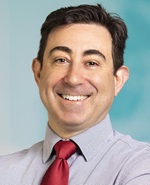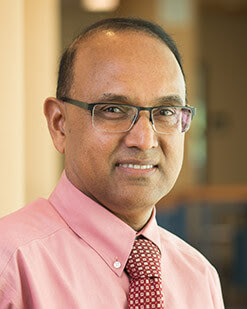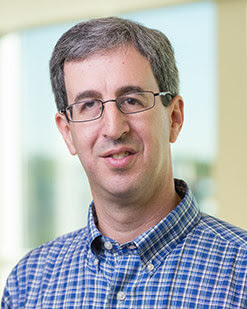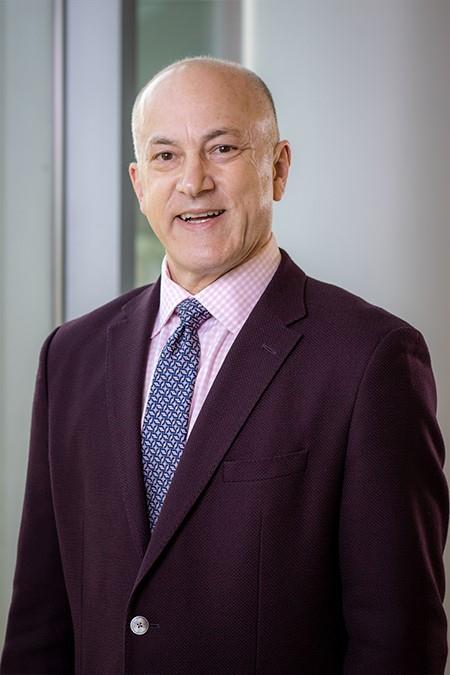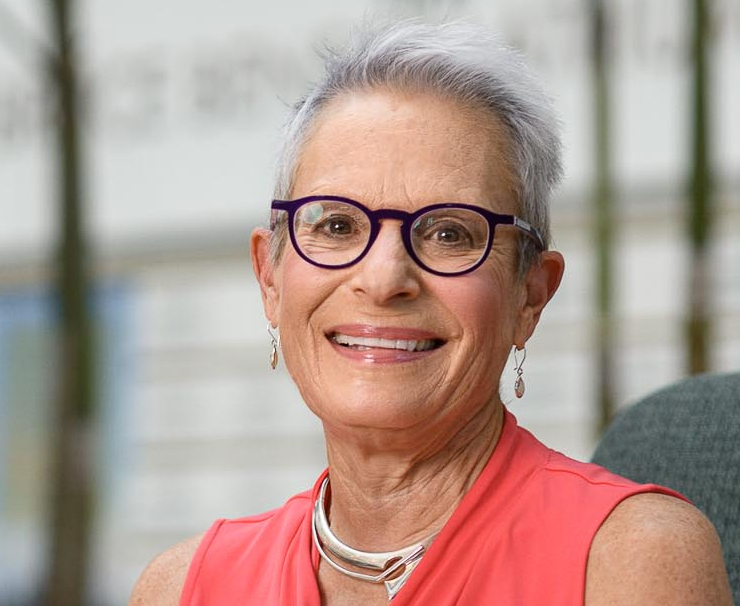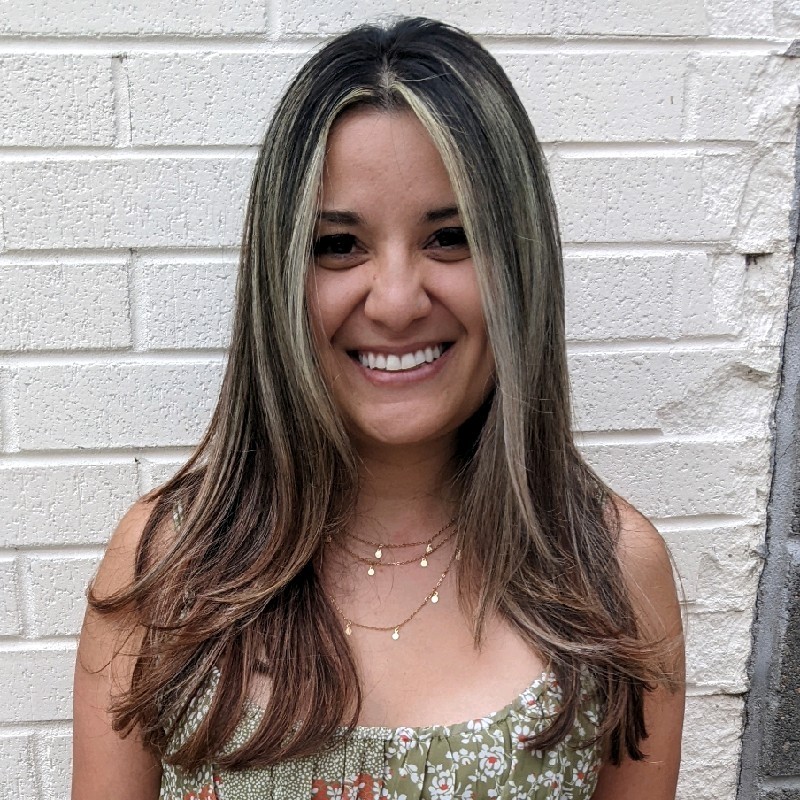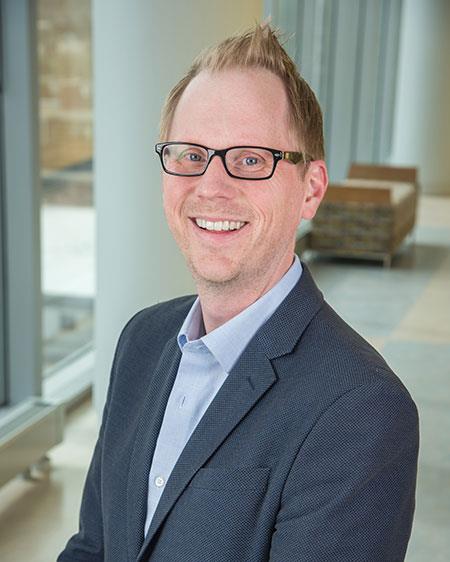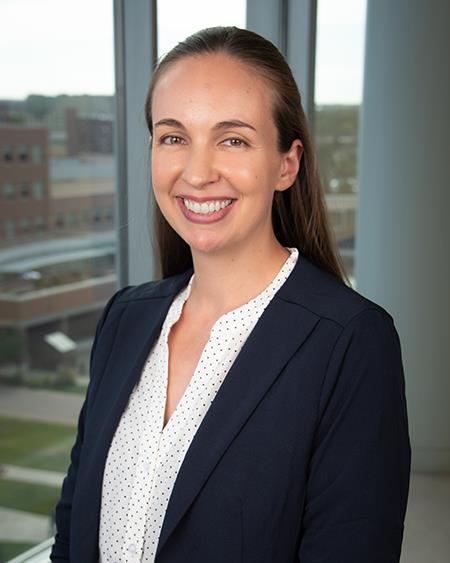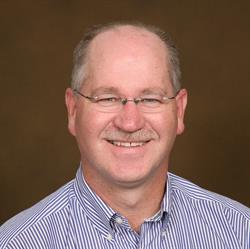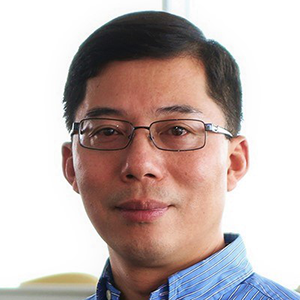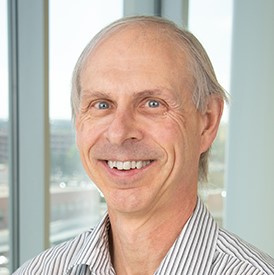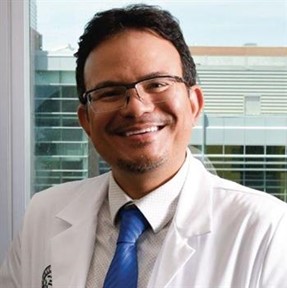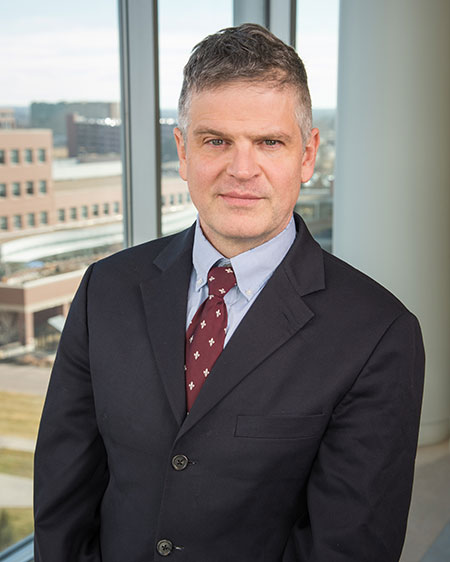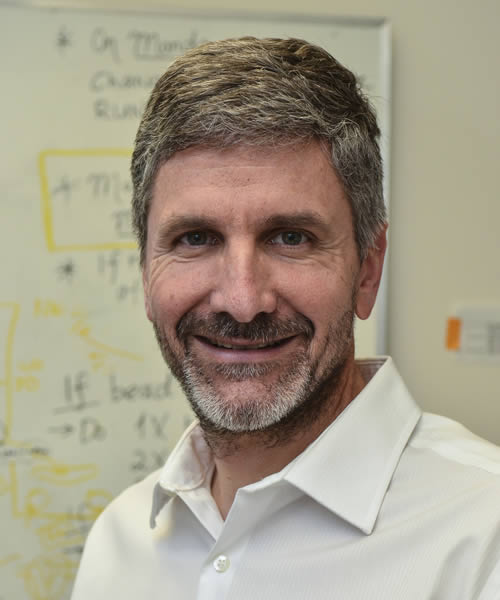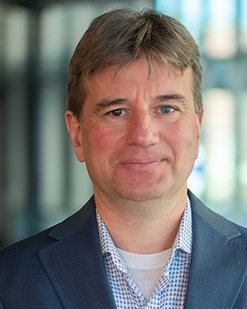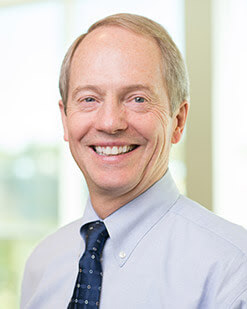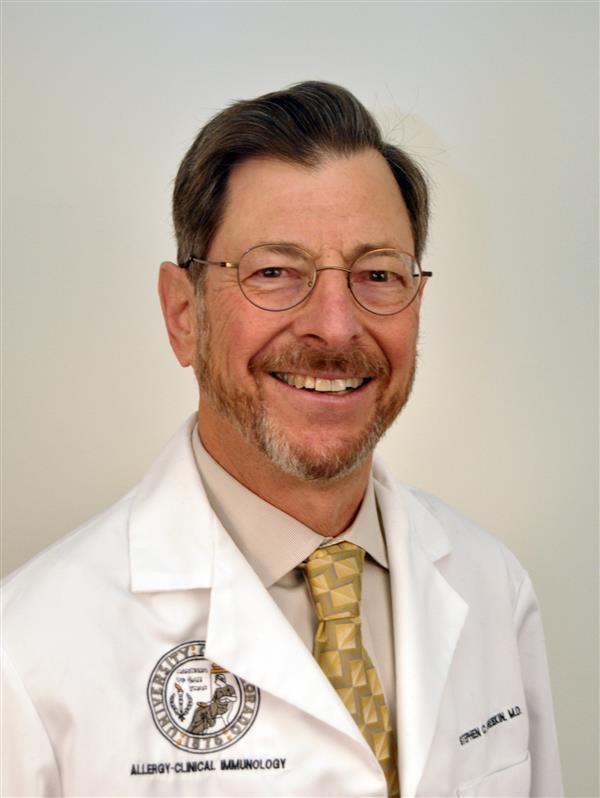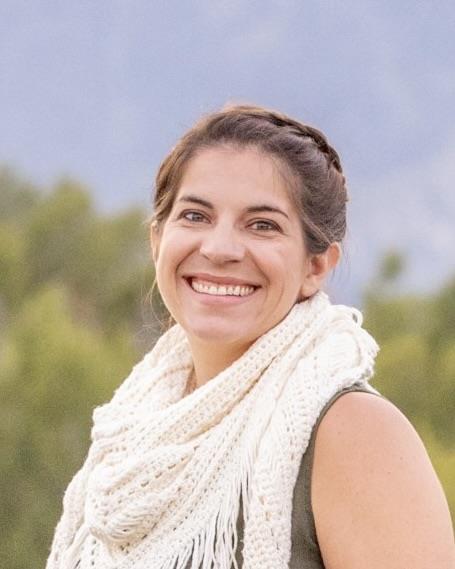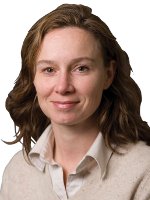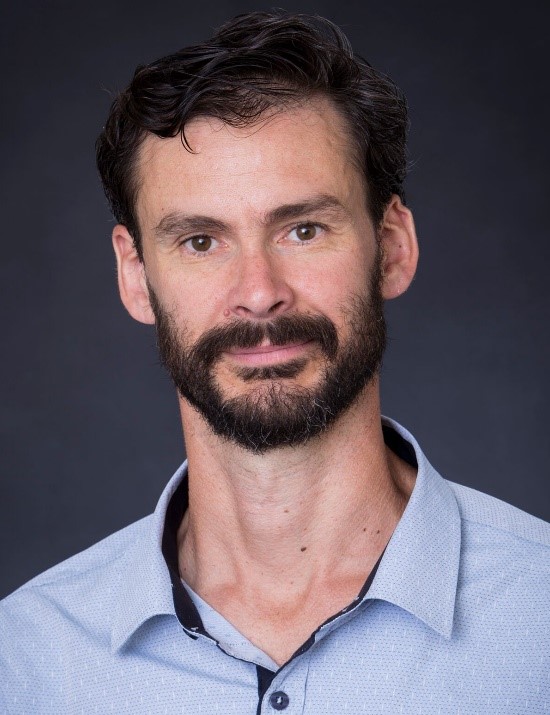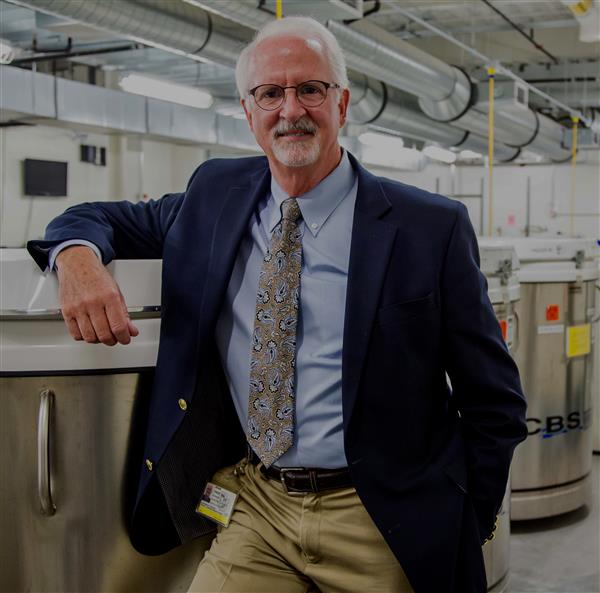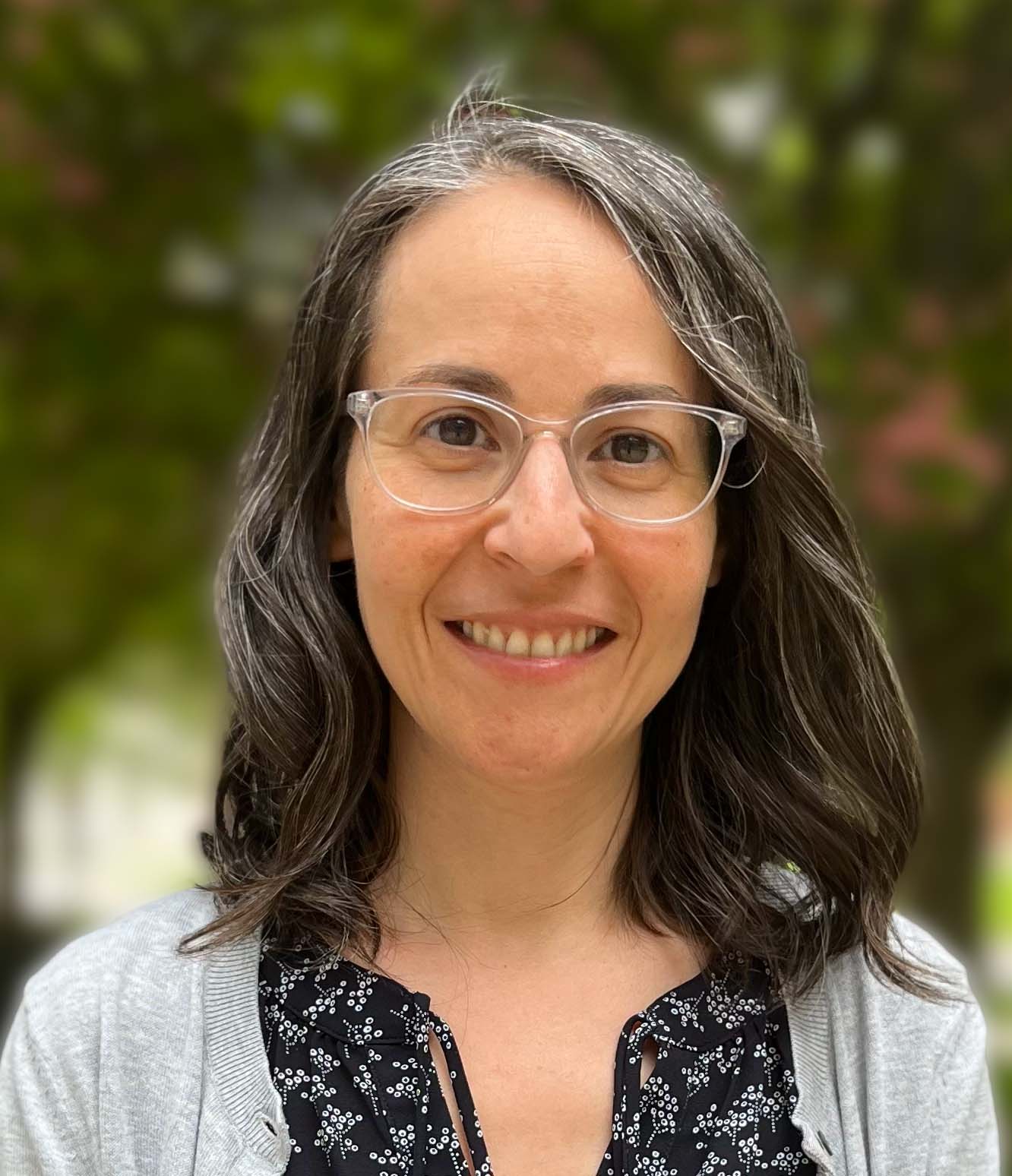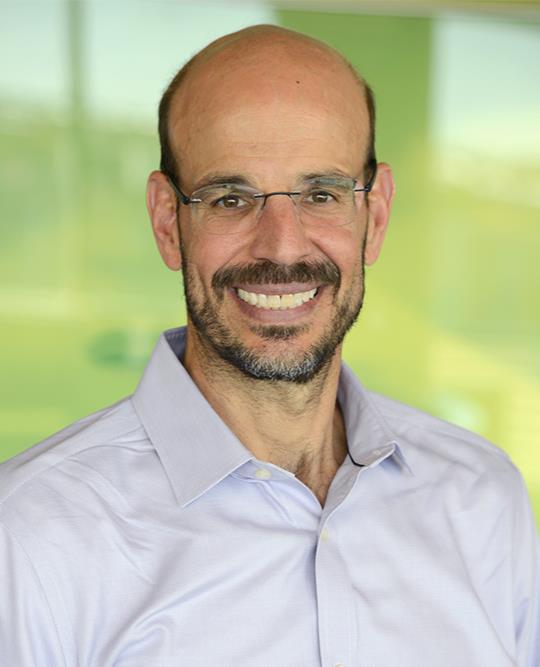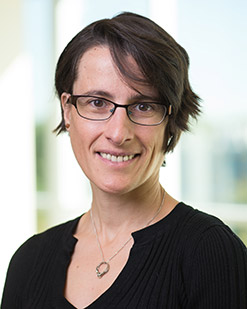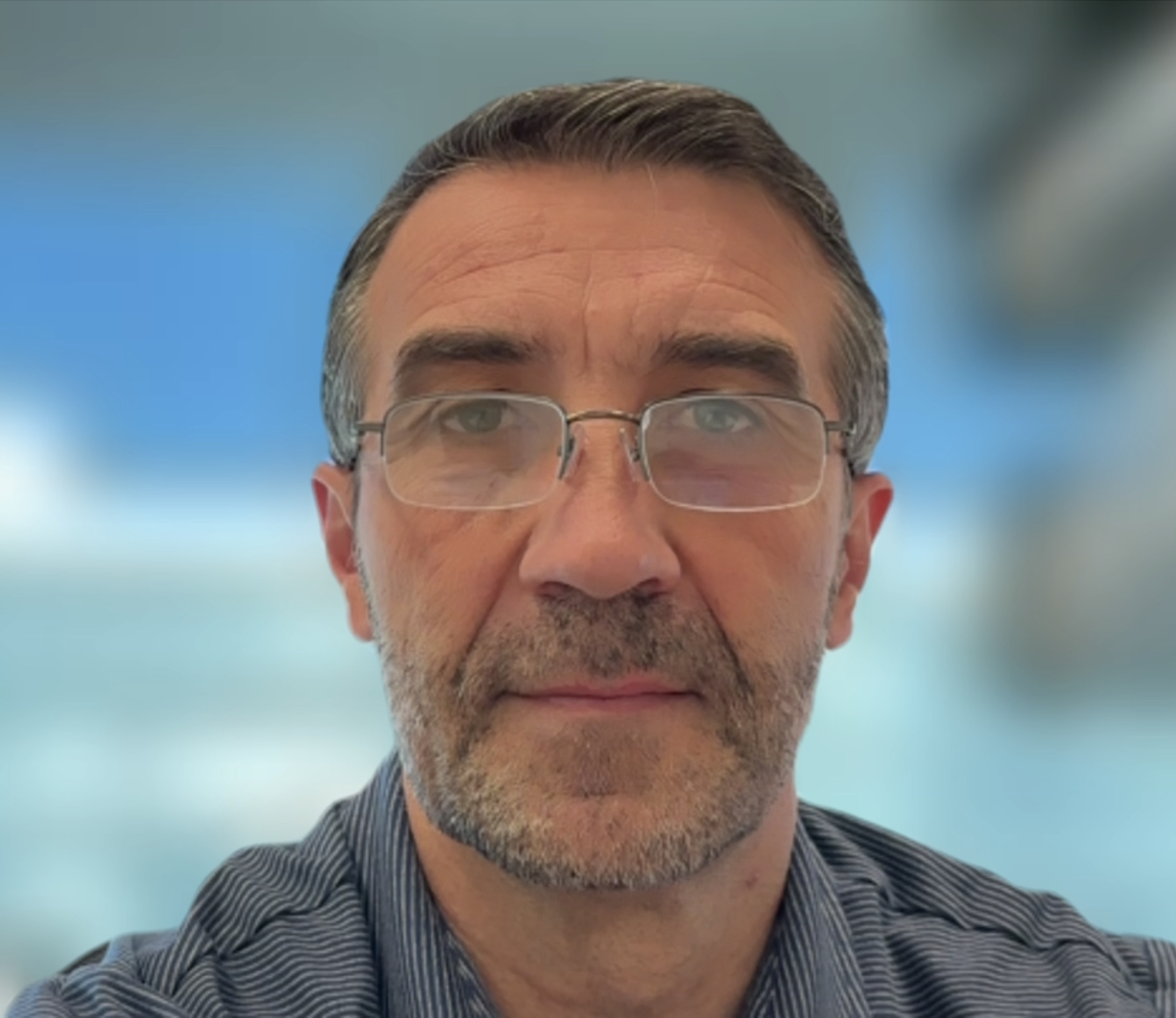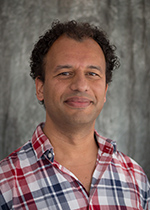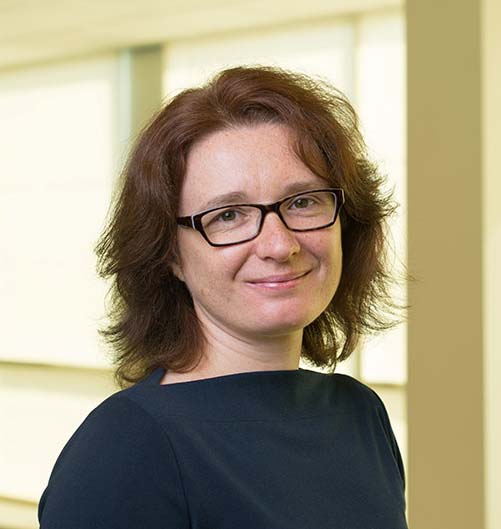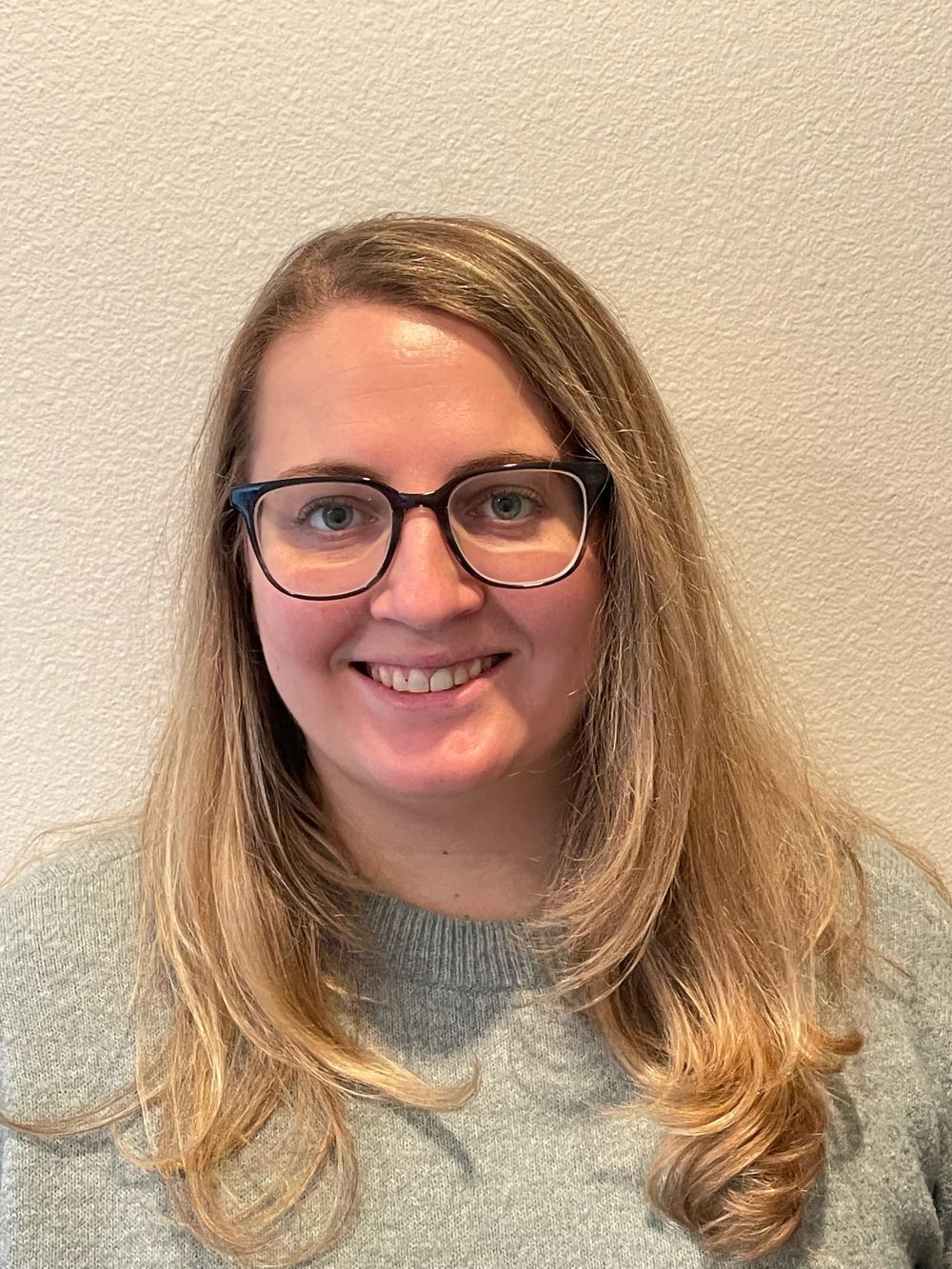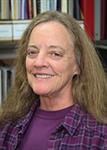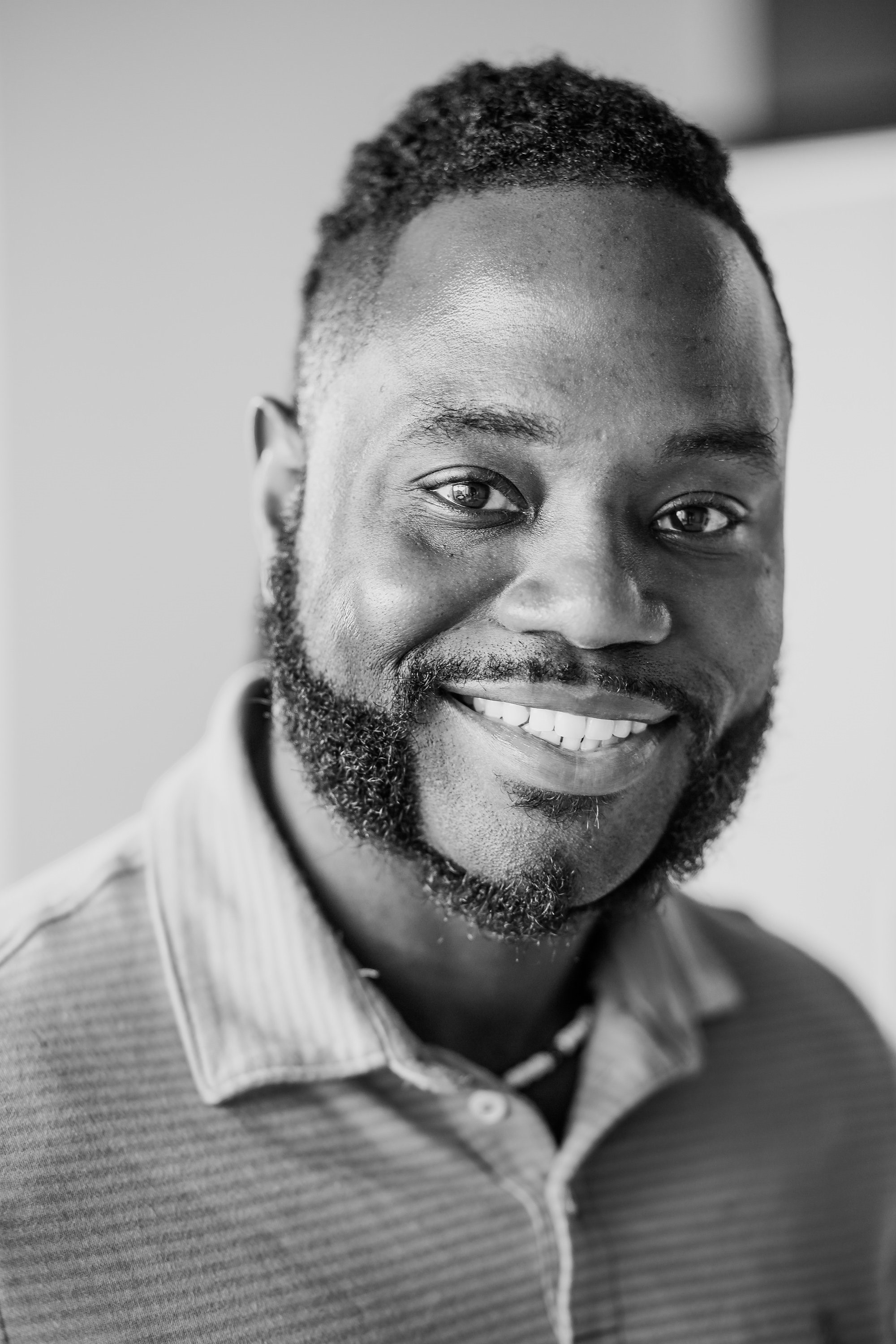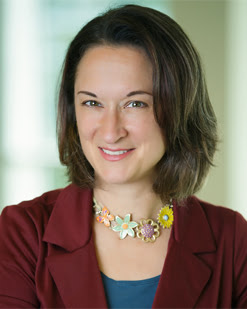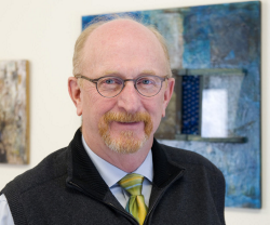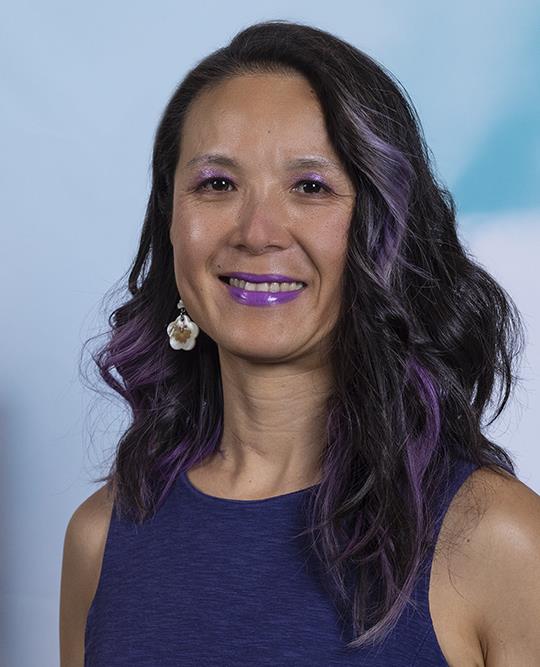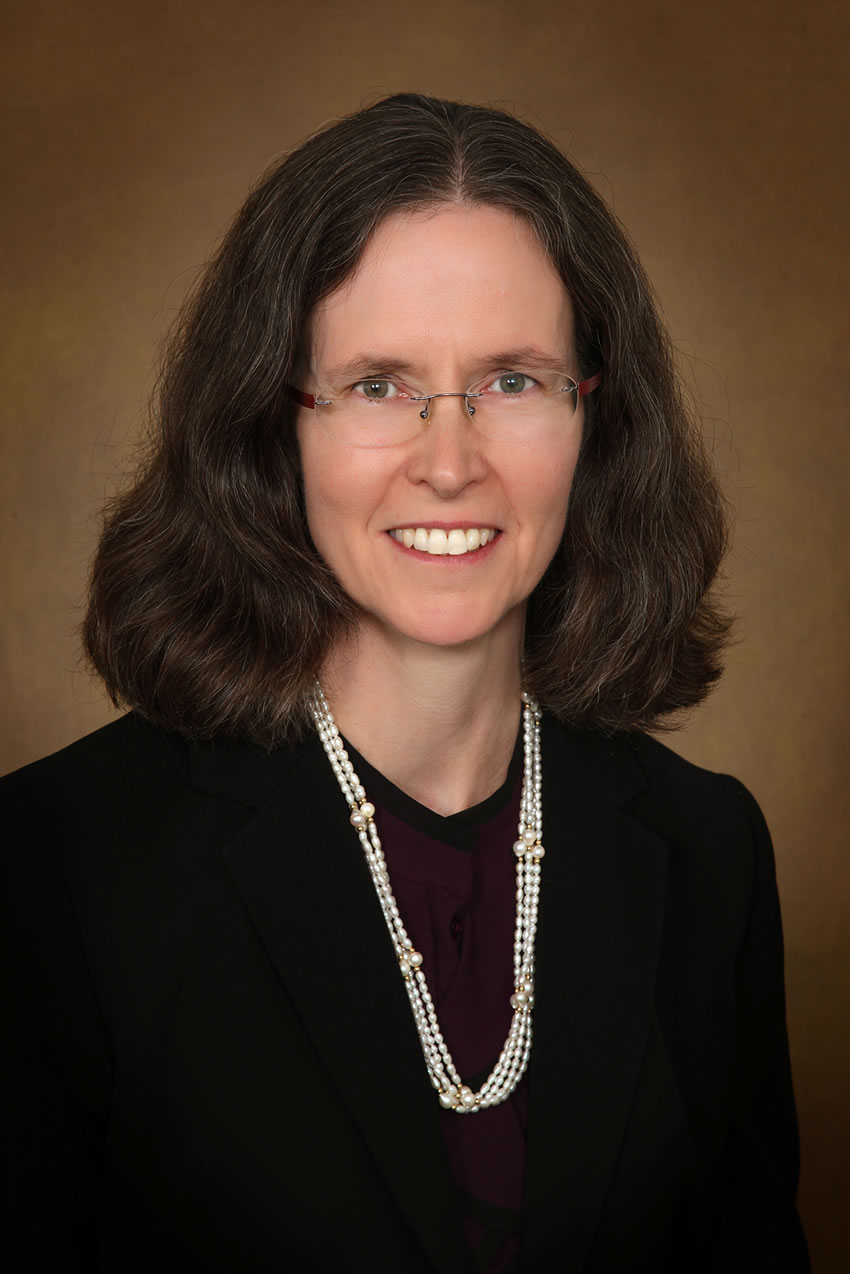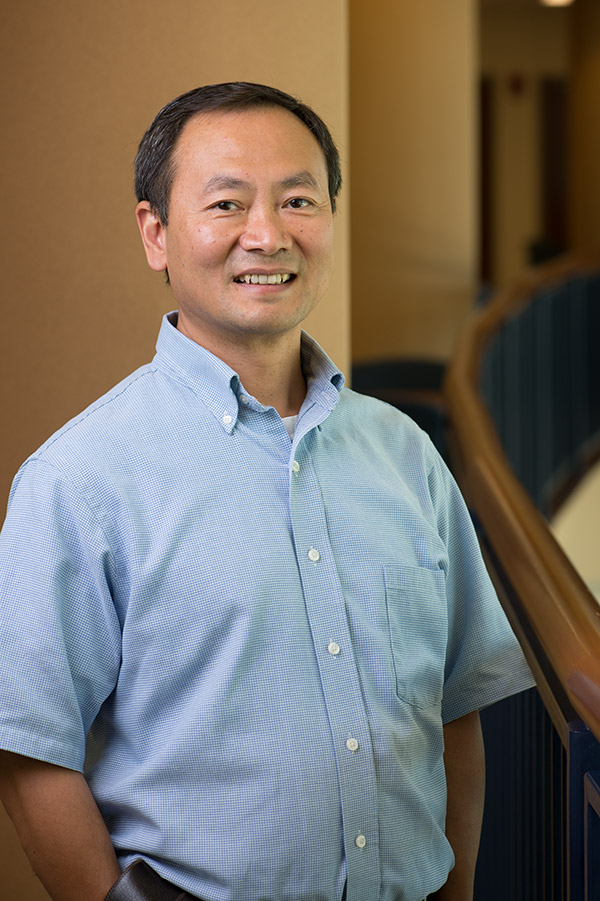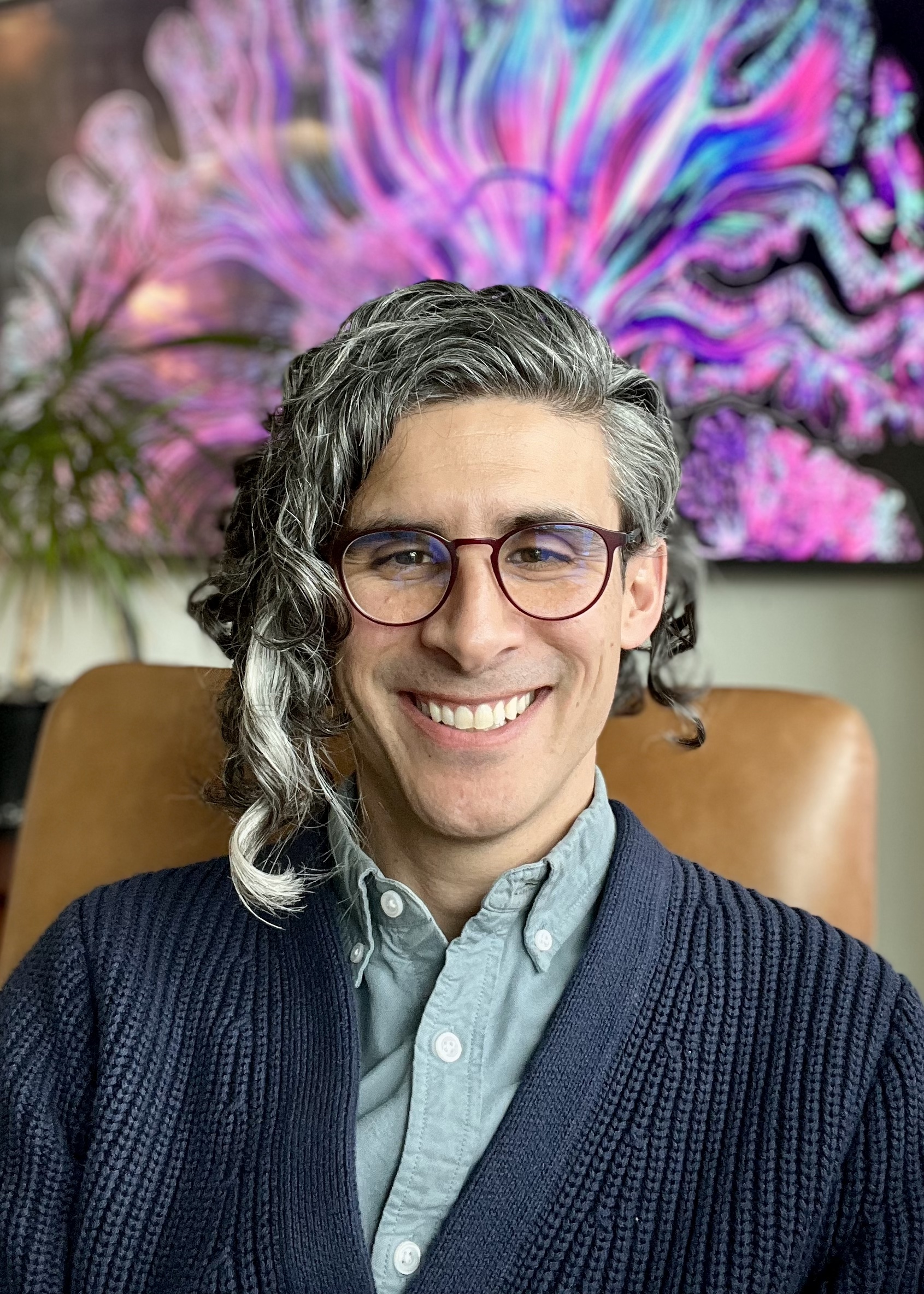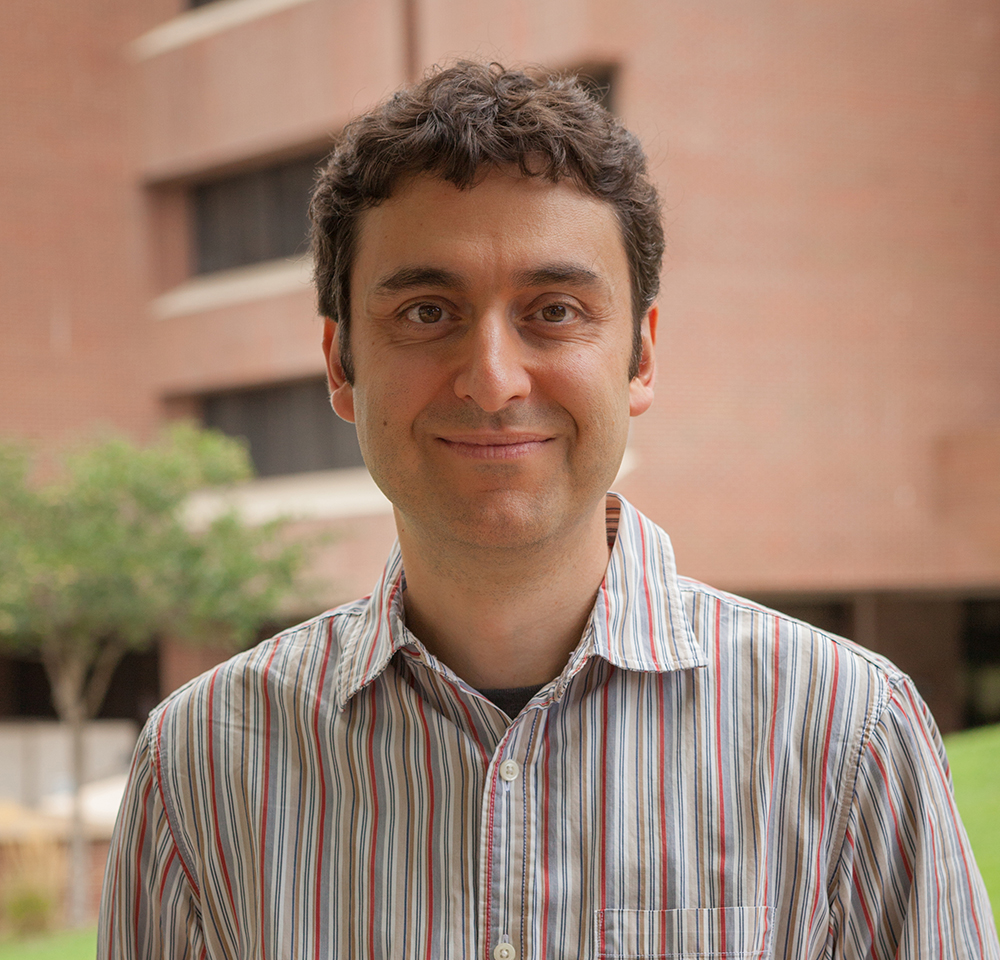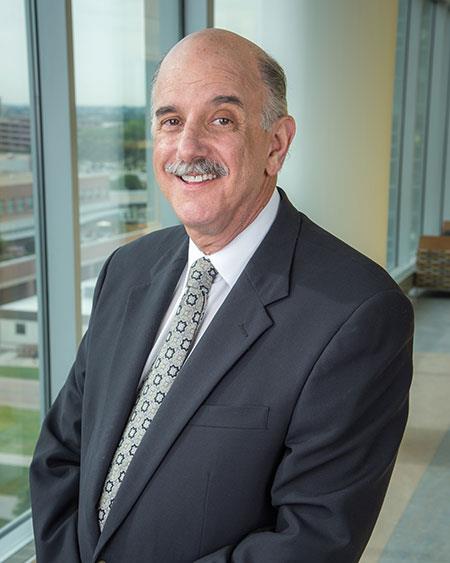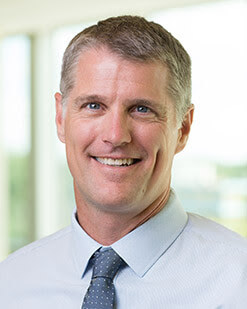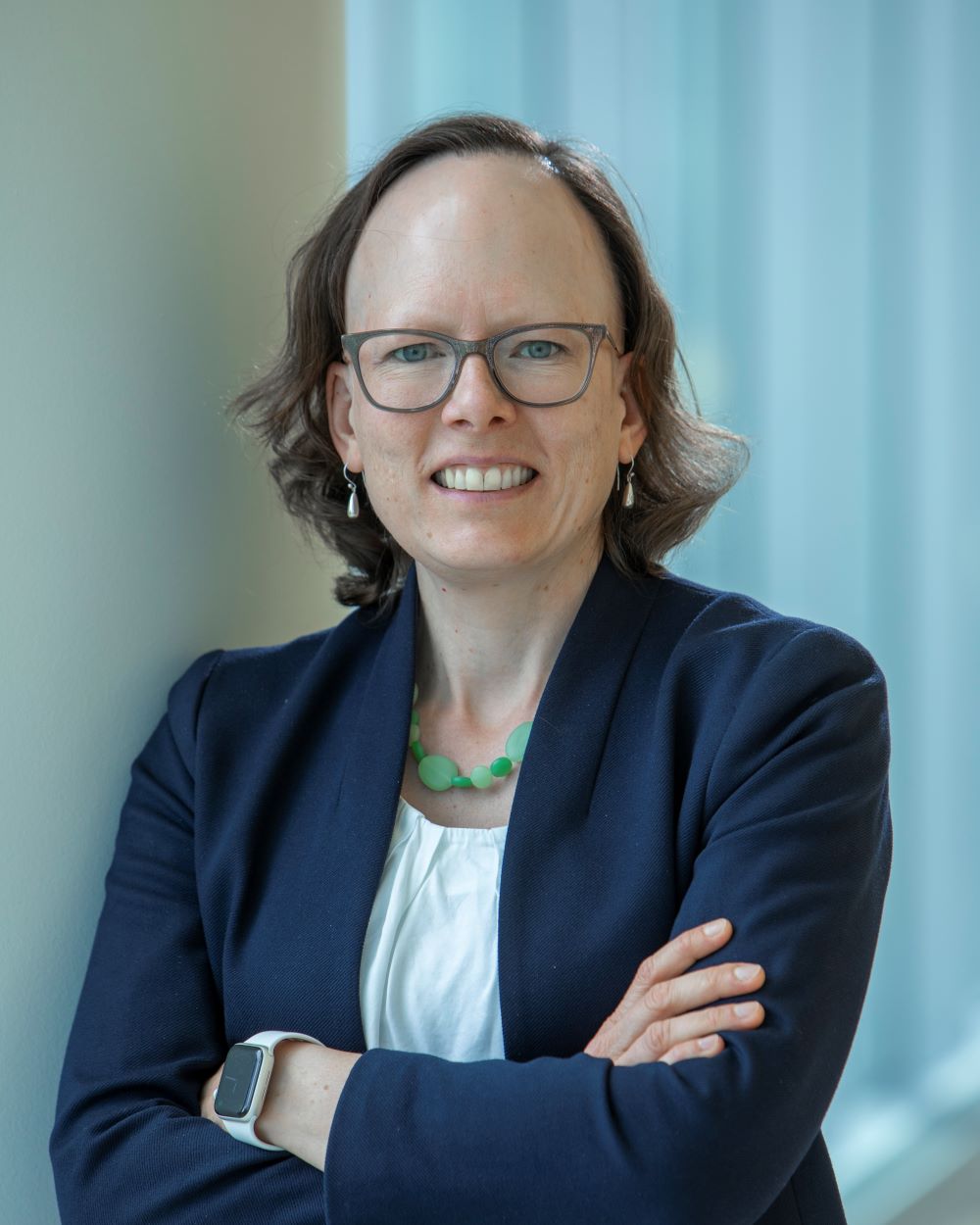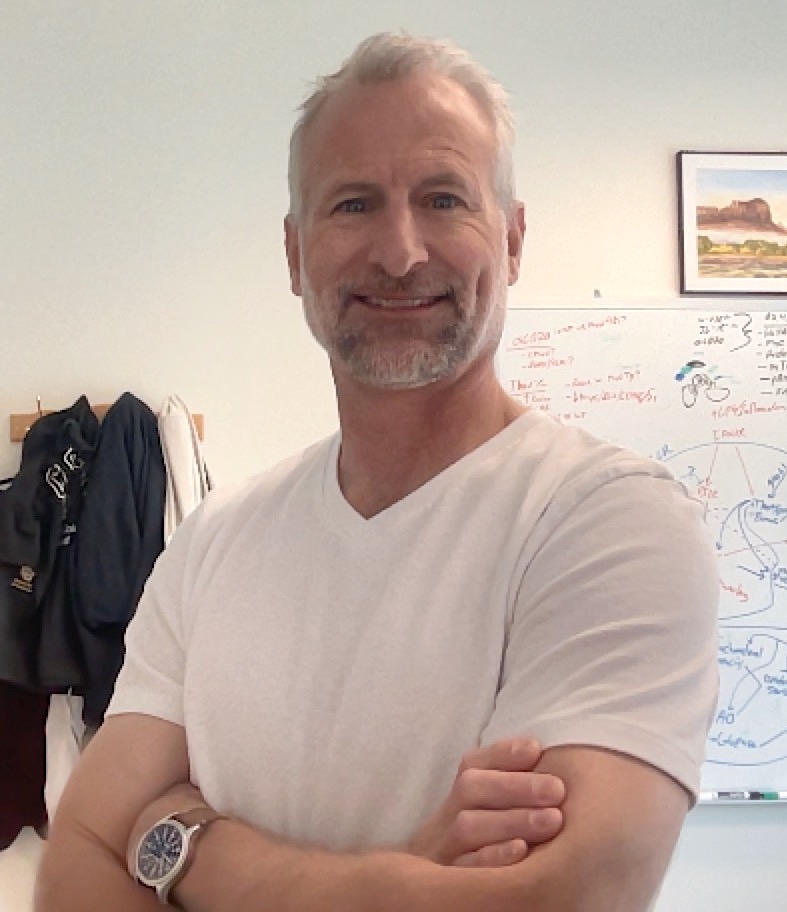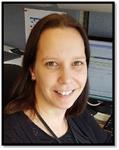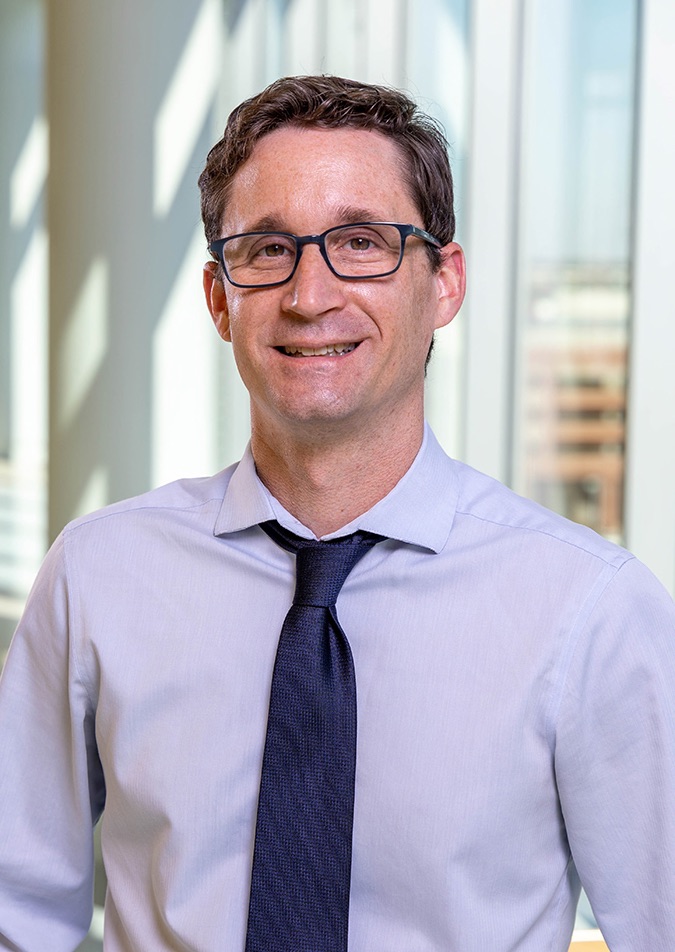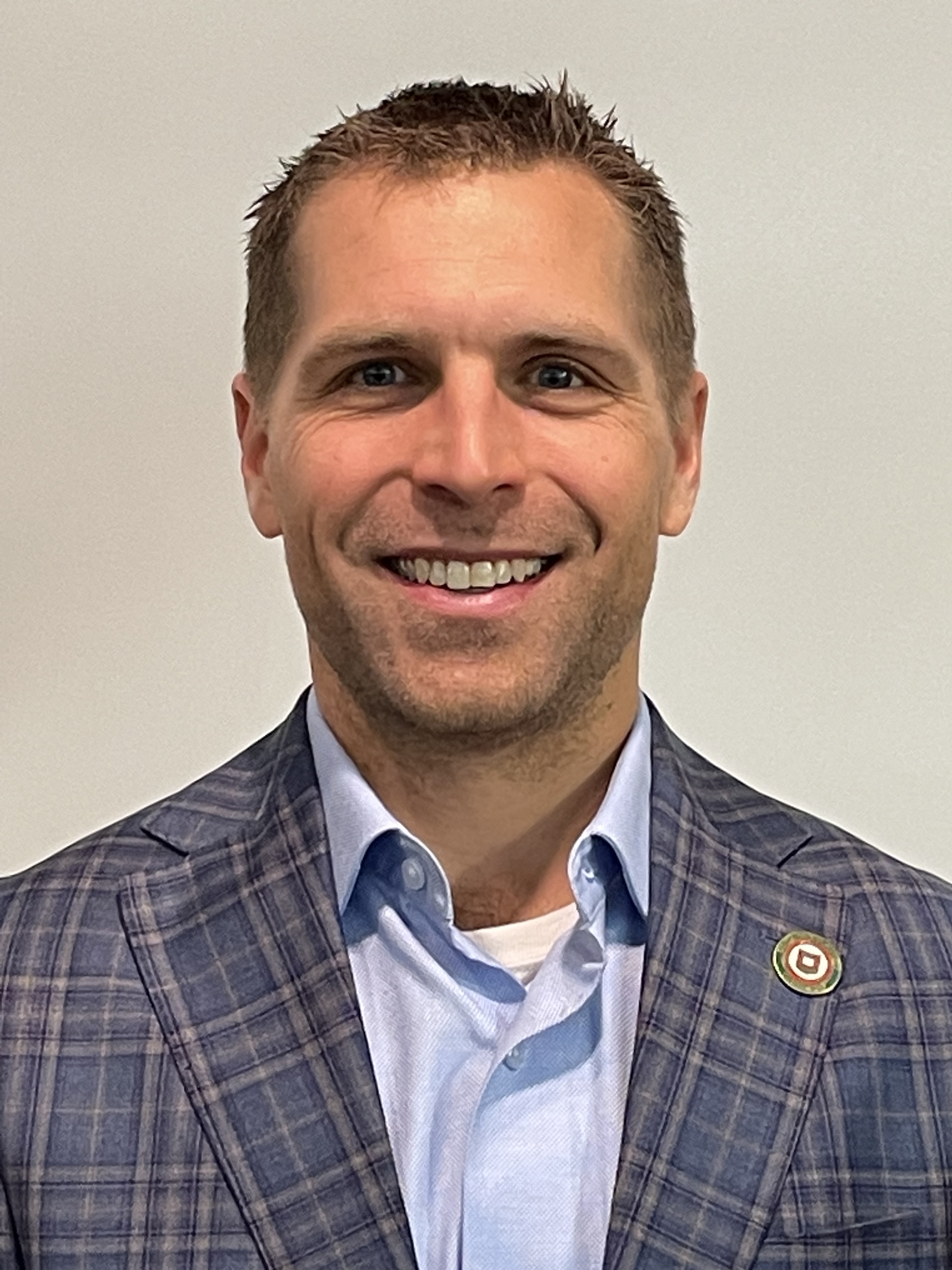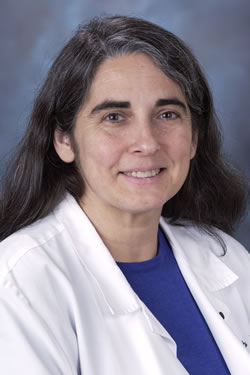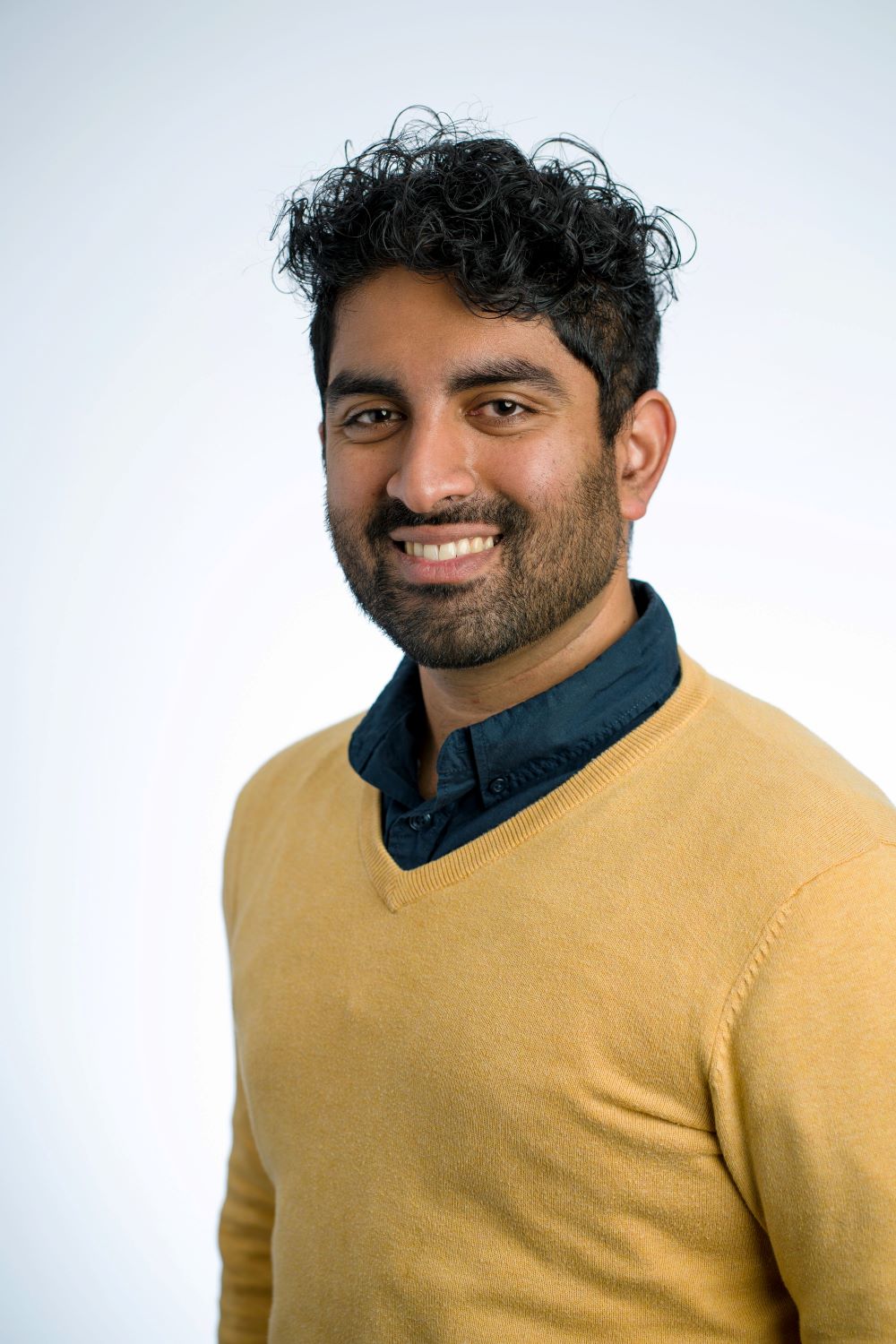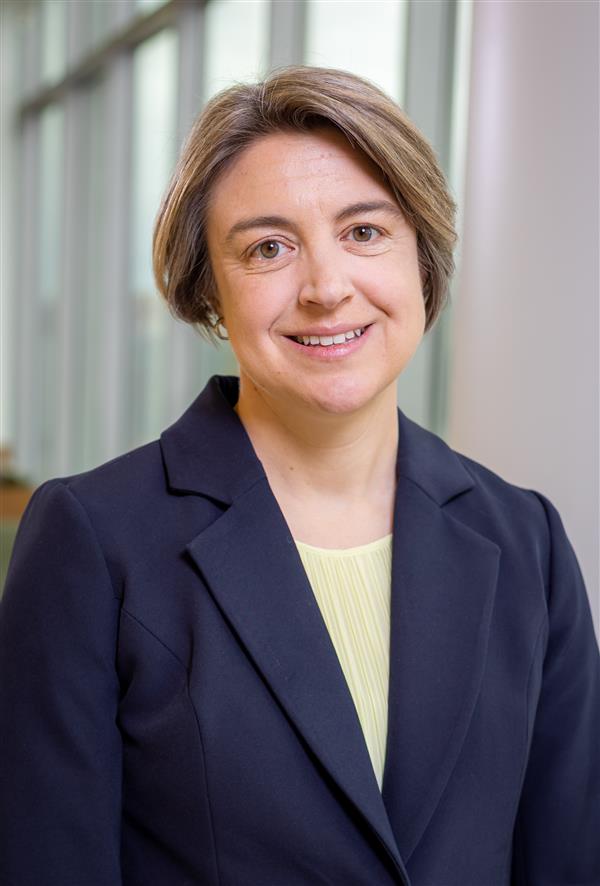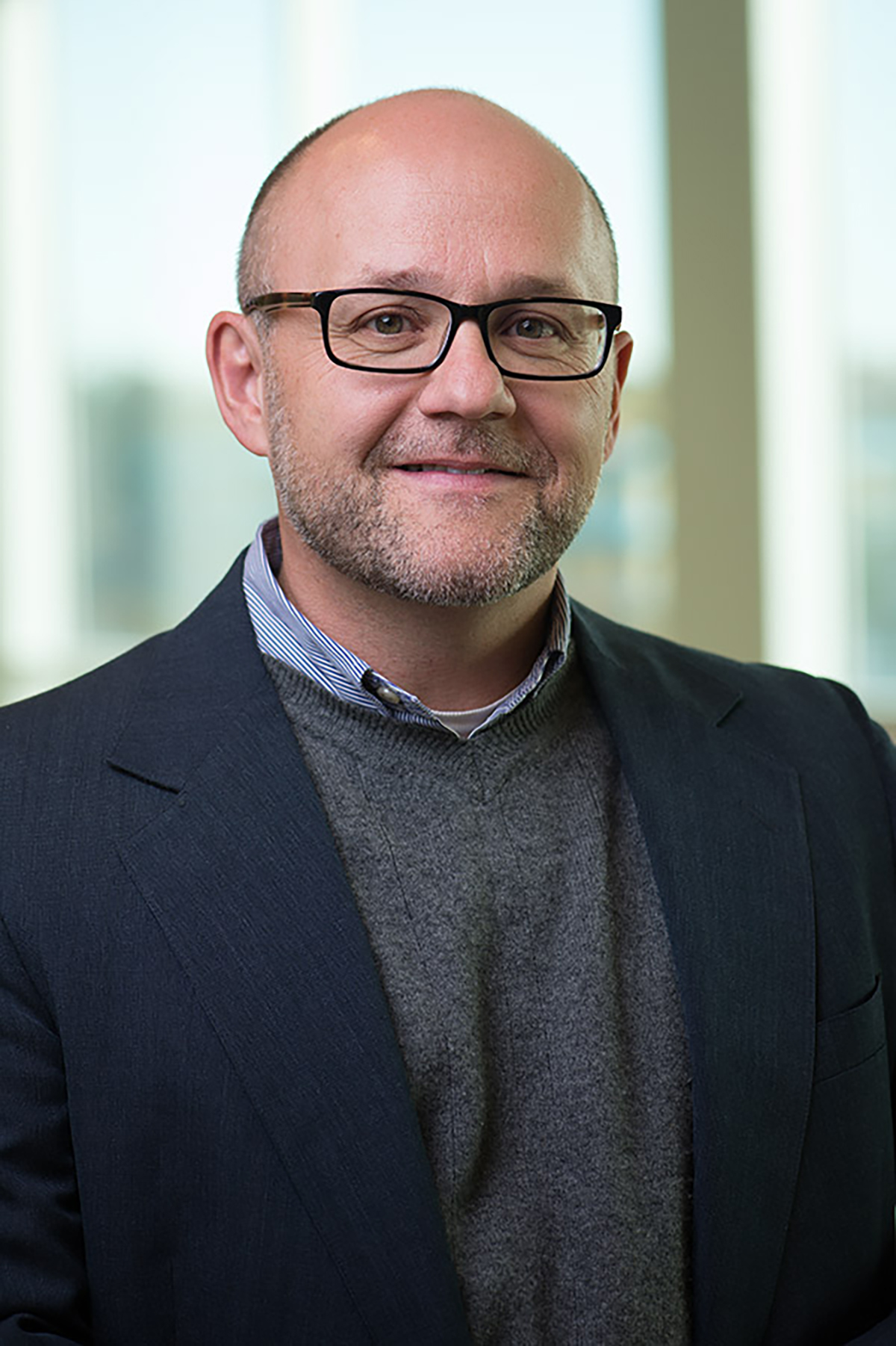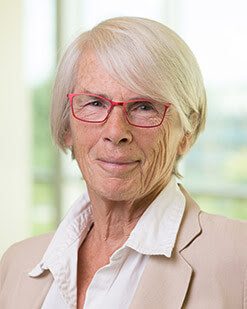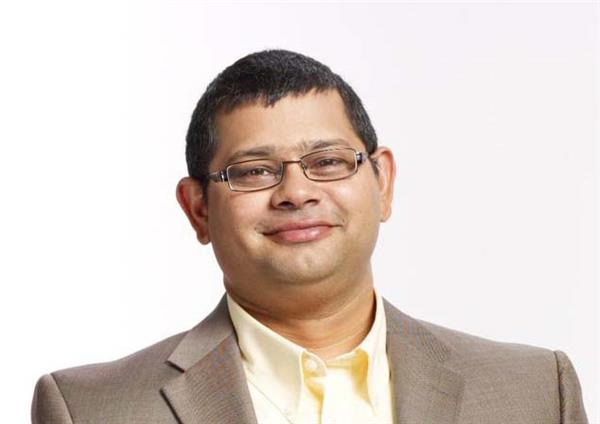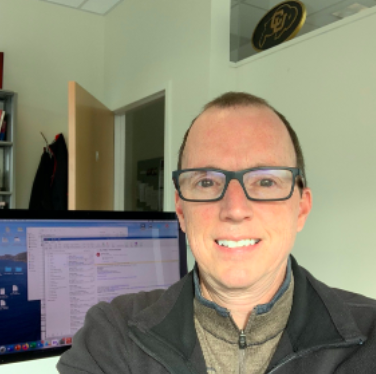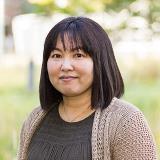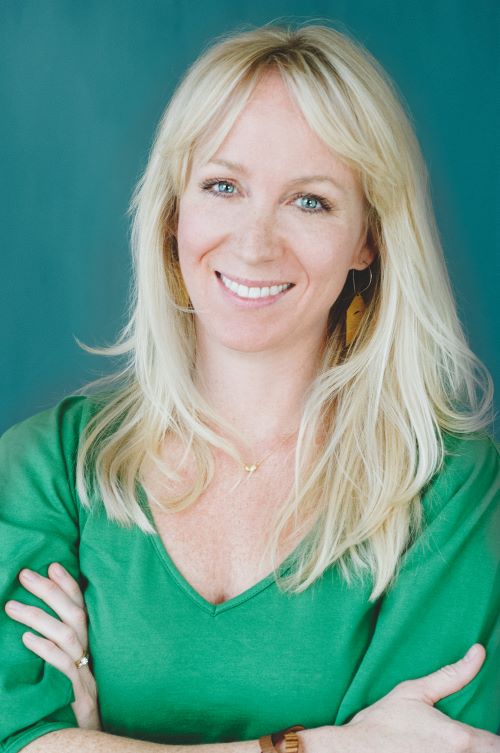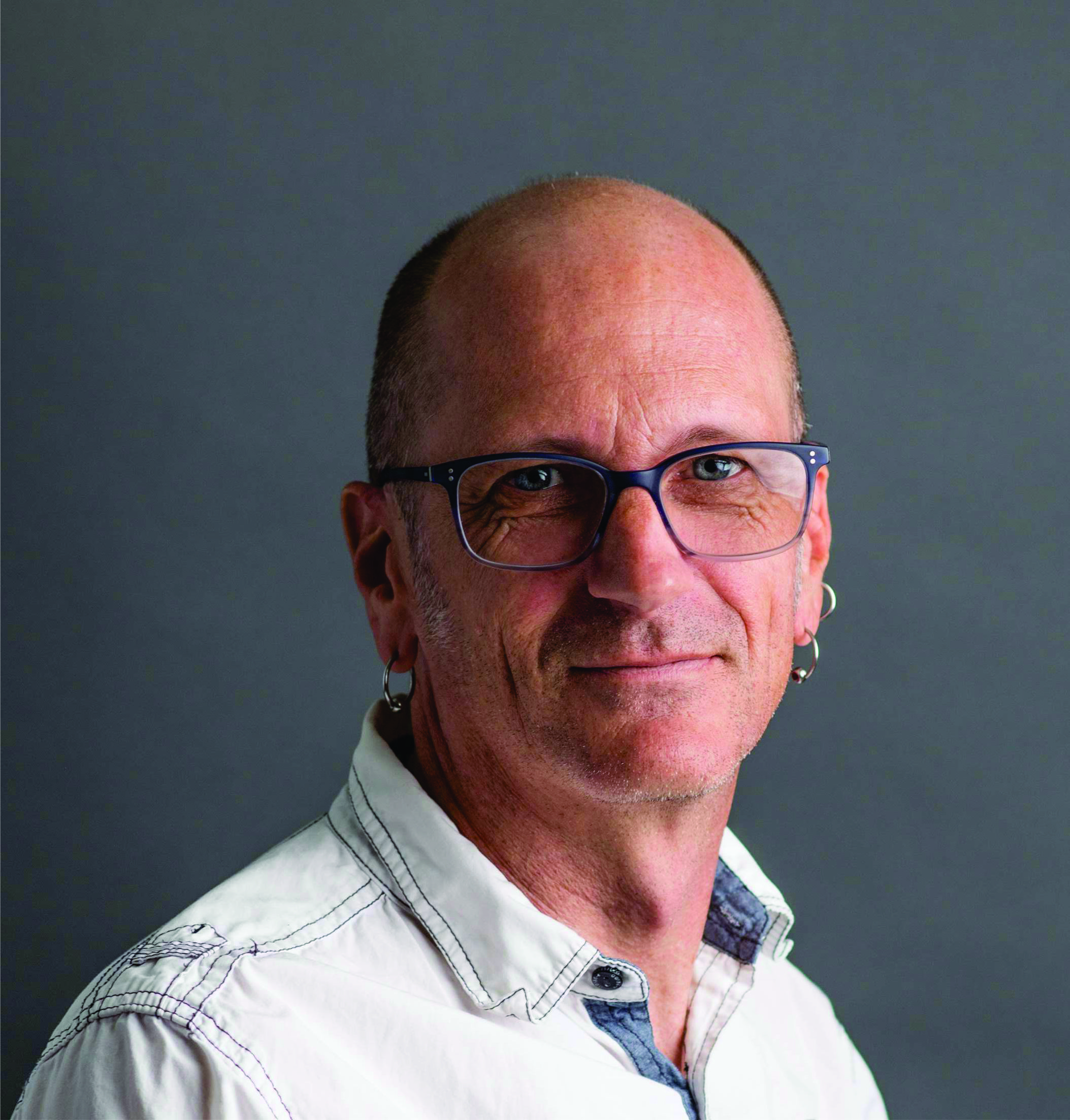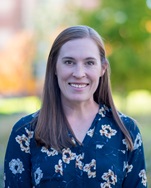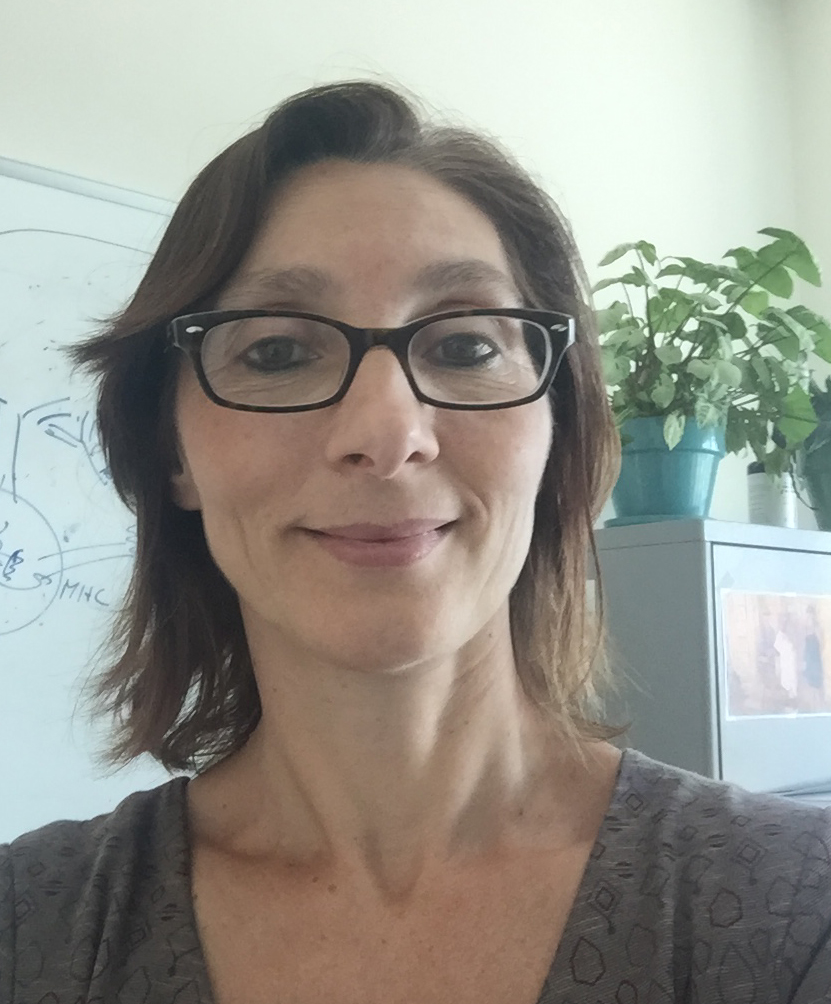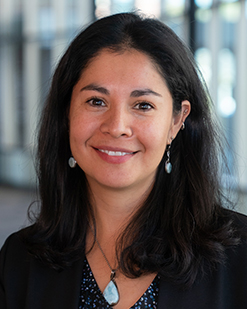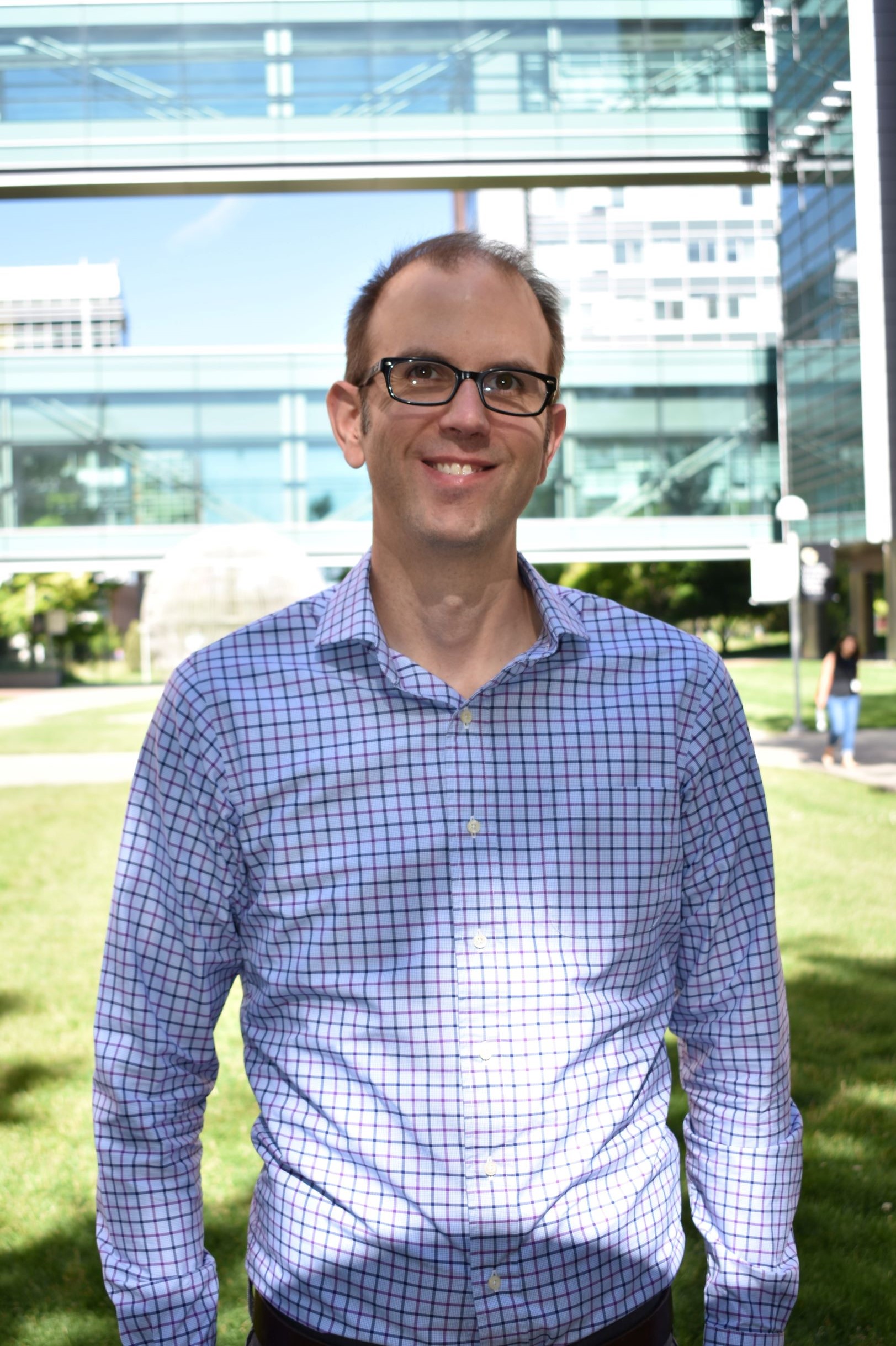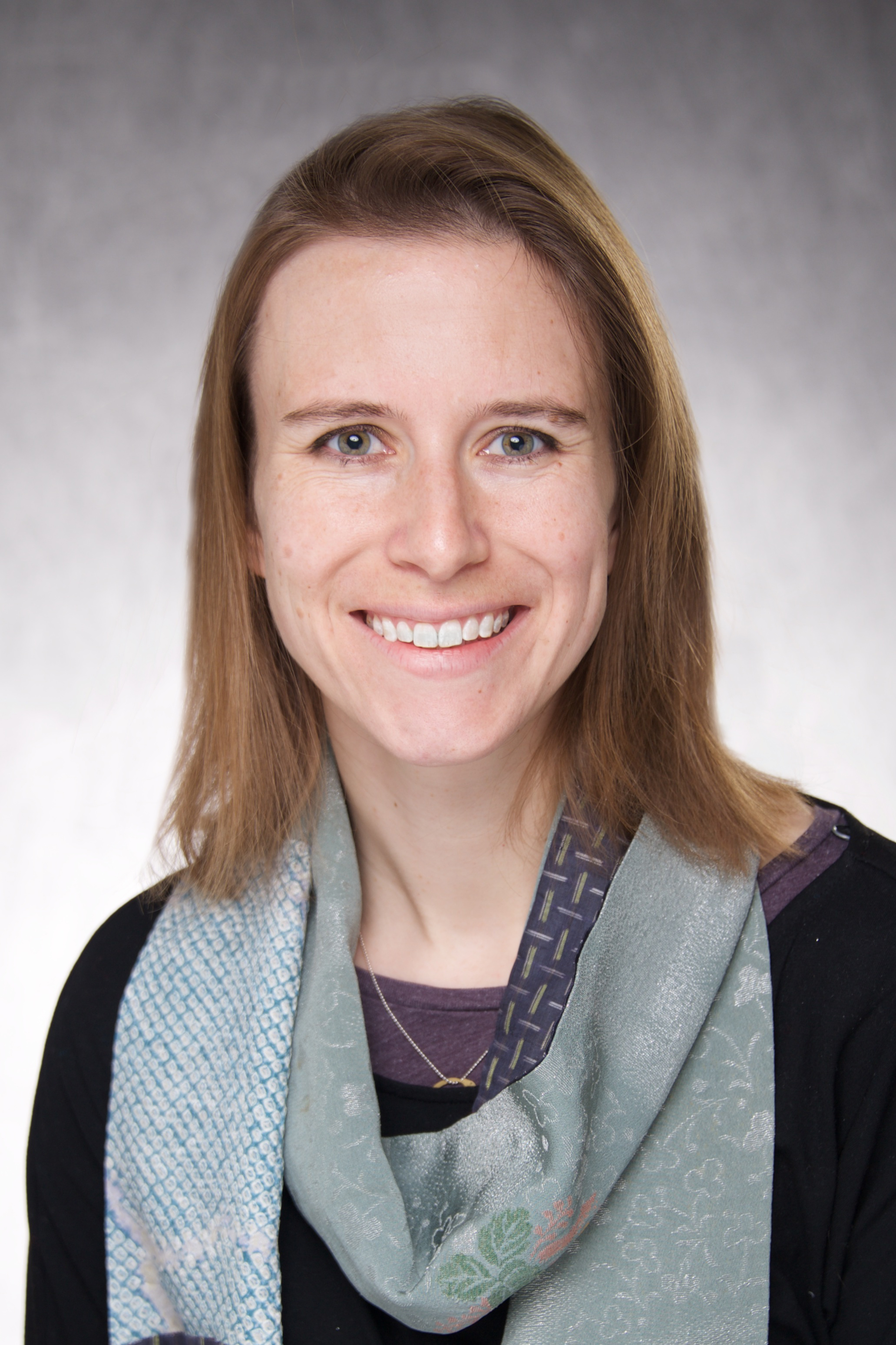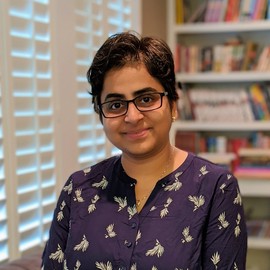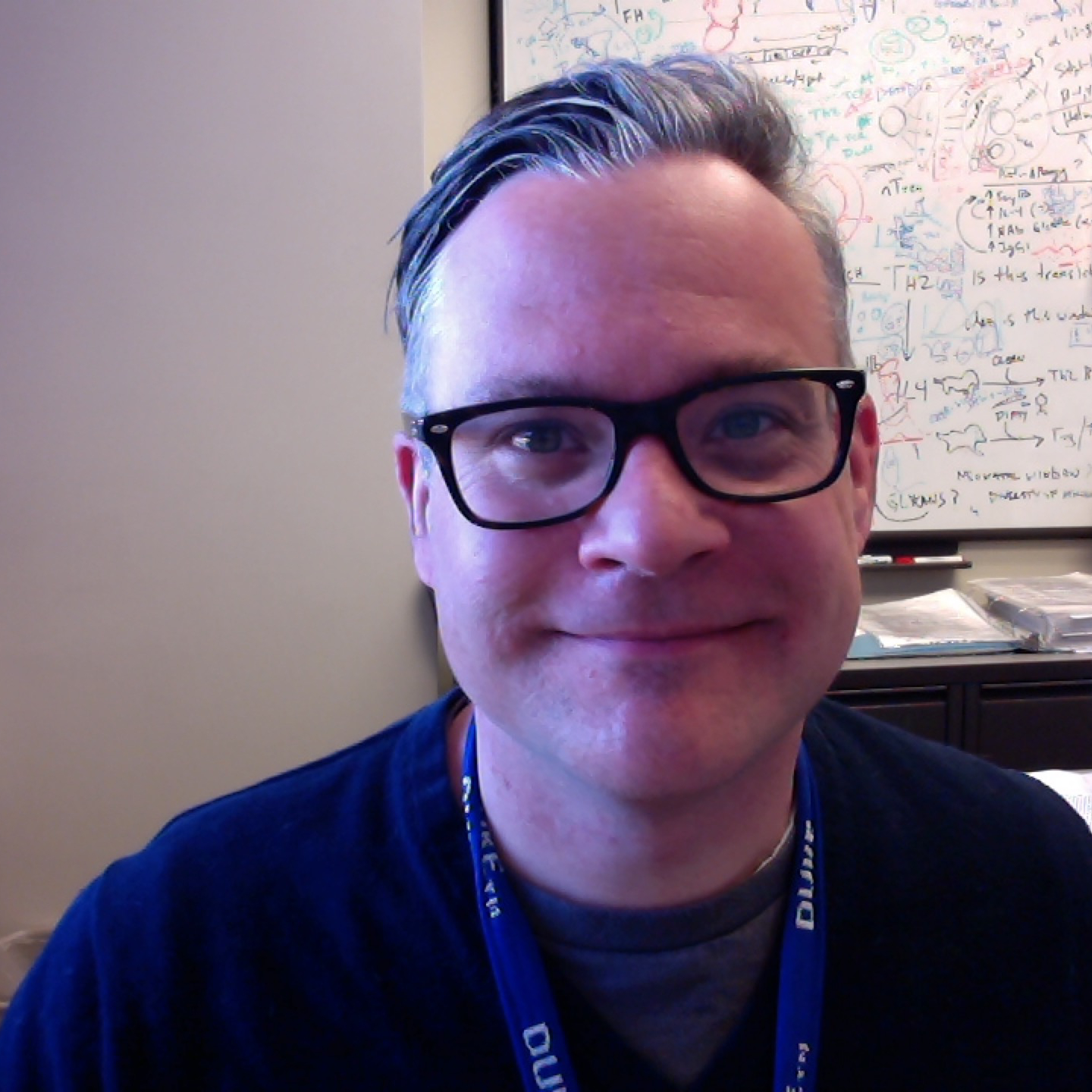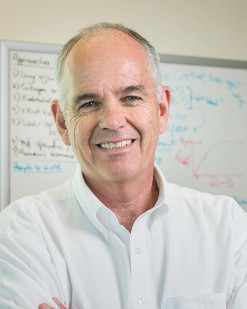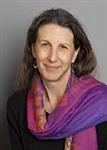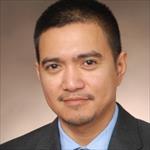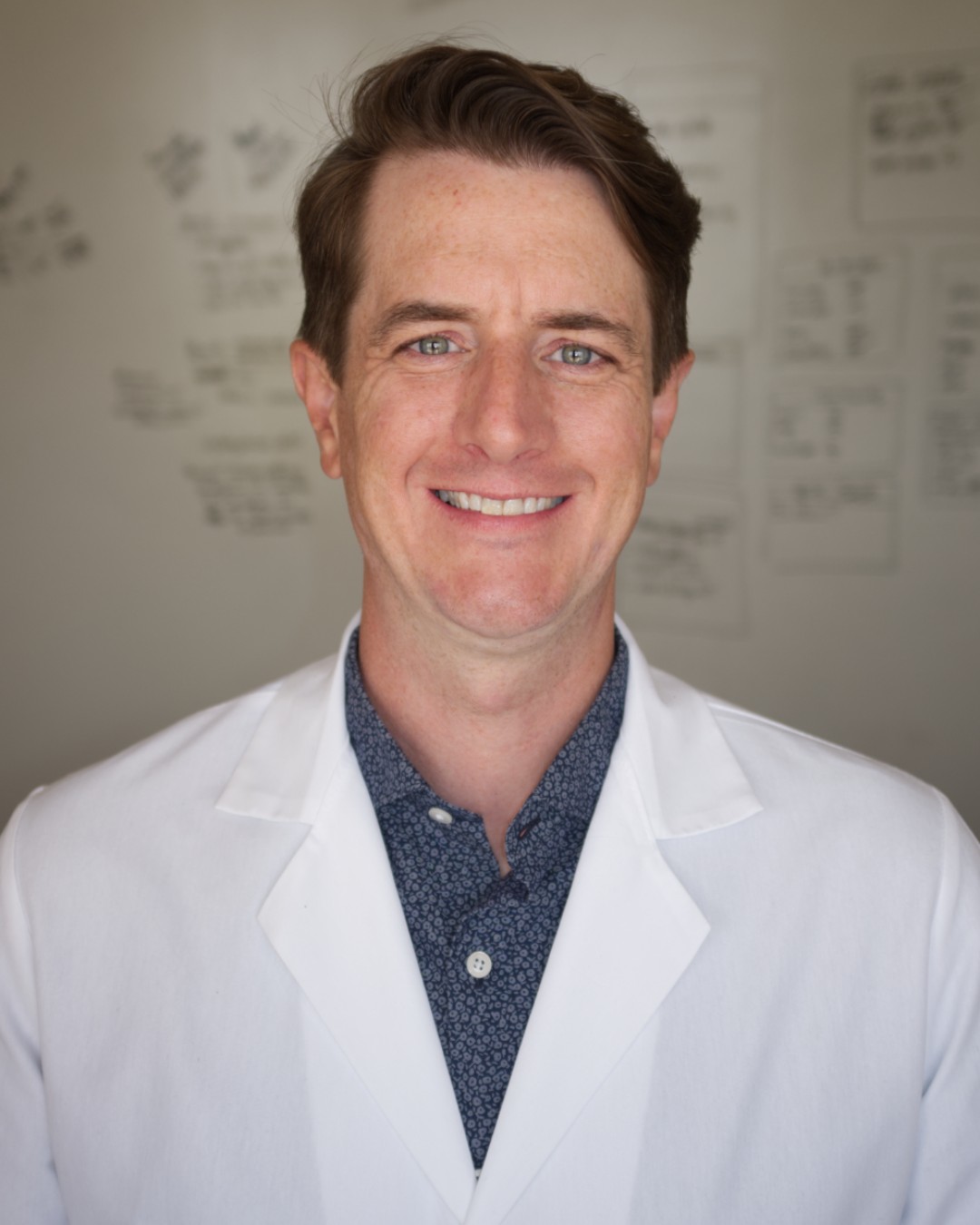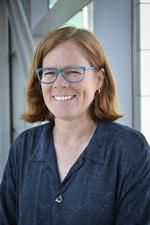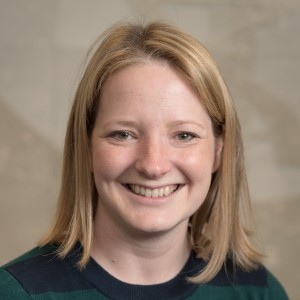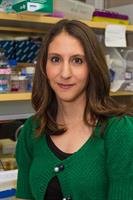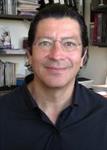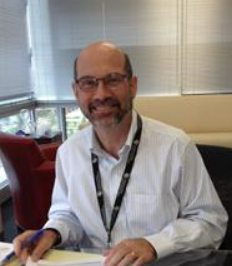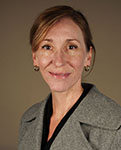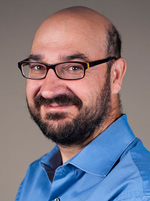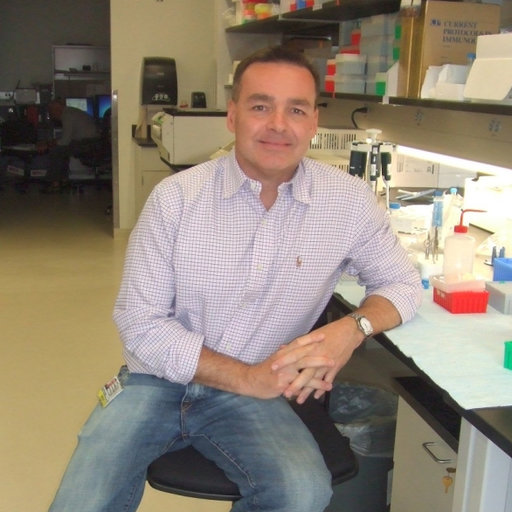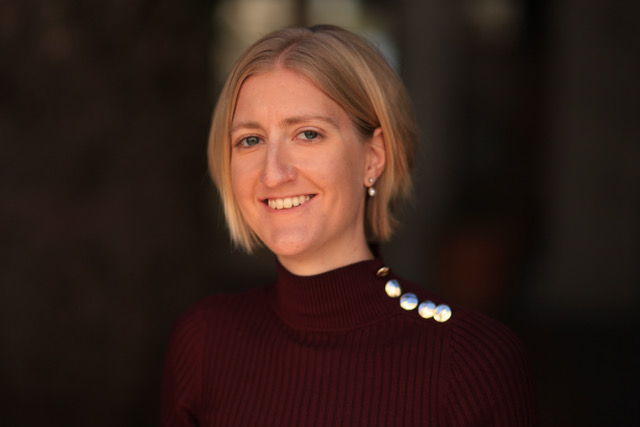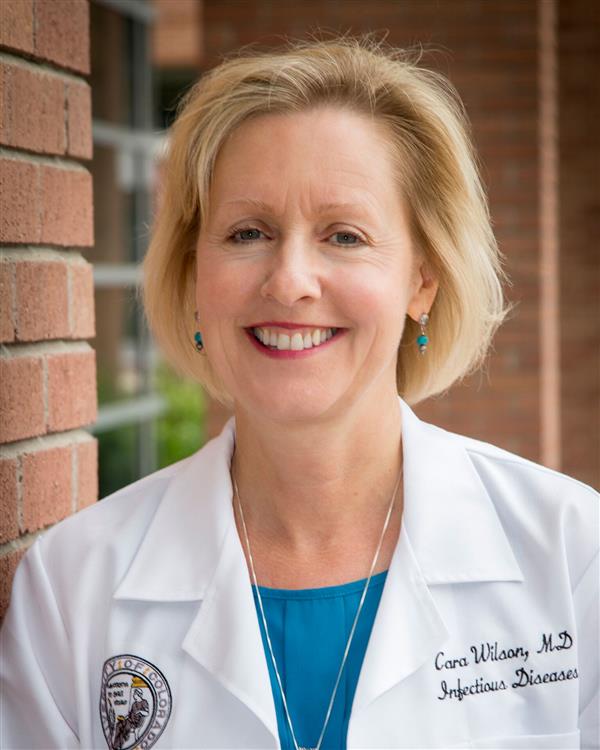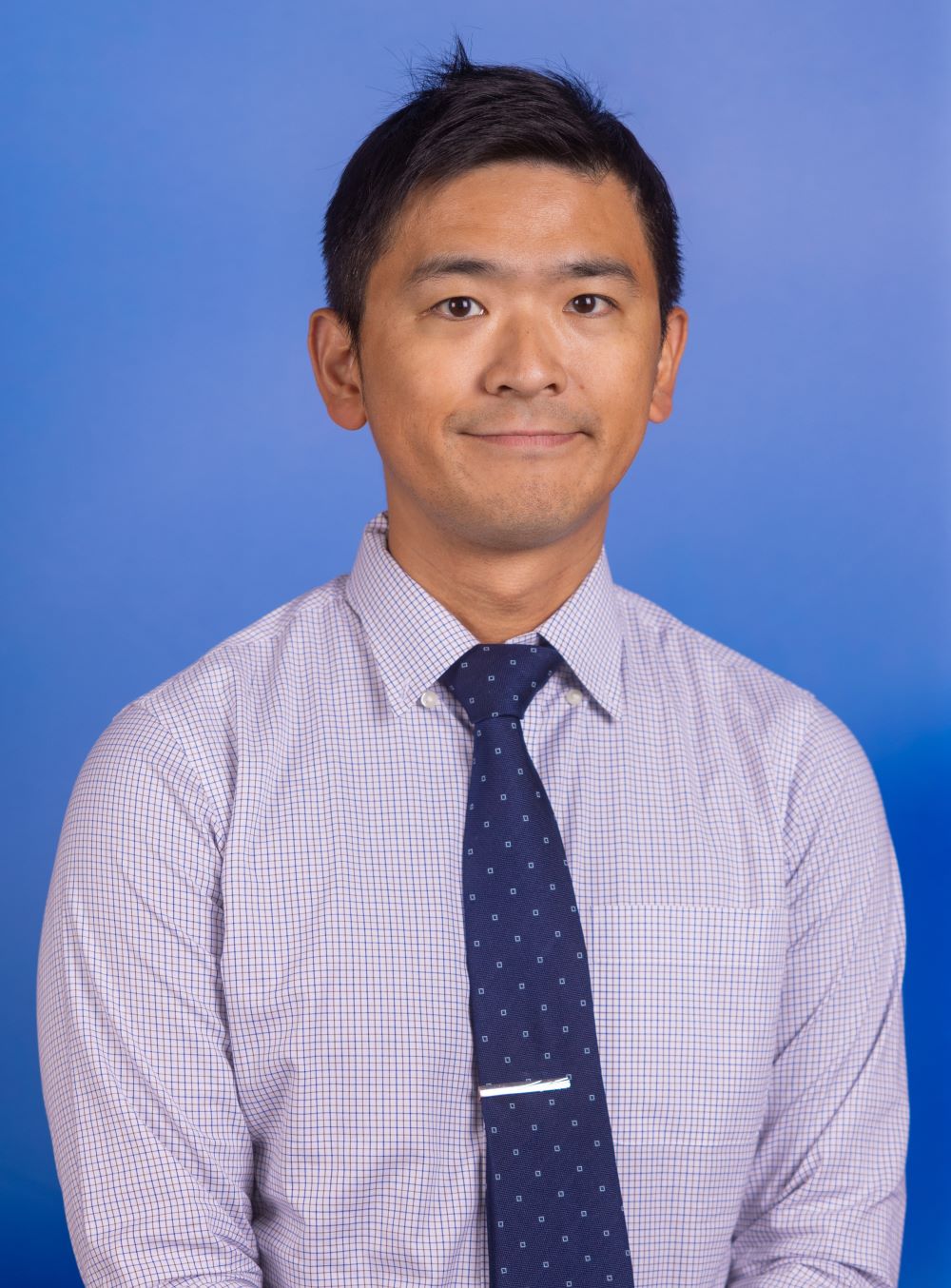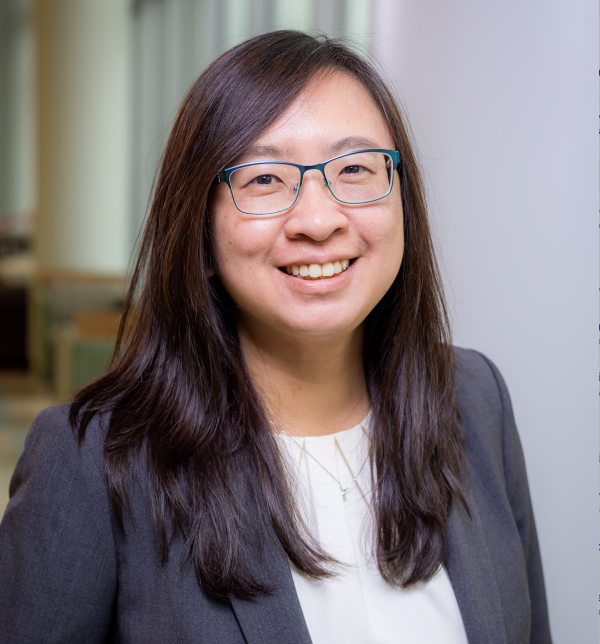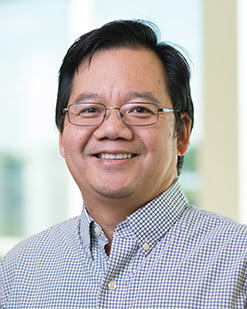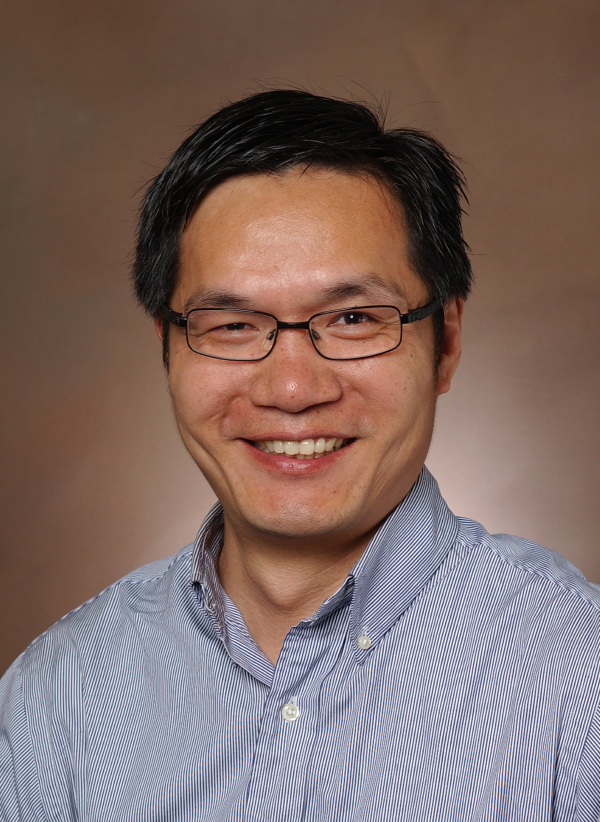FACULTY
Search
Filter results by:
Jordan Abbott MD
Associate Professor
Special Graduate Faculty Appointment
Research Focus:
Autoimmunity
Cell Biology
We investigate and research novel genetic mutations in patients with severe immune problems. We perform experiments that determine how the mutations affect individual genes. Goals Determine which genetic mutations cause human immune disease. Understand how genetic mutations identified in humans cause immune system problems. Utilize human immune-disease causing genetic mutations to understand new features of how the immune system works. Determine optimal, personalized ways of treating human immune diseases.
Email:[email protected]
Rafeul Alam MD, PhD
Professor
Research Focus:
Cardiovascular & Pulmonary Biology
Cell Biology
Genomics Bioinformatics
The Alam Lab focuses on mechanistic studies of asthma. We study molecular, signaling and cellular mechanisms of various endotypes of asthma.
Email:[email protected]
Scott Alper PhD
Associate Professor
Completed Mentorship Training; Completed Upstander/Bystander Training
Research Focus:
Accepting Students
Cancer Biology
Gene Regulation
Inflammation
Dr. Alper's laboratory is focused on understanding the regulation of the innate immune response, particularly as it relates to the basis for inflammatory disease.
Email:[email protected]
Jeffrey Bennett MD, PhD
Professor
Research Focus:
Neuroimmunology
My research focuses on antigen identification in optic neuritis, multiple sclerosis, neuromyelitis optica, and ocular inflammatory disorders.
Email:[email protected]
Leslie Berg PhD
(She/Her/Hers)
Professor
Research Focus:
Adaptive Immunity
Immunology
Signal Transduction
The Berg lab studies T cell activation and differentiation with a focus on how differences in TCR signal strength determine T cell functions. As a mentor I have successfully trained over 20 PhD students. To further improve my mentoring skills I have taken university-sponsored mentorship, bias, and equity training and aim to create an inclusive environment in my laboratory.
Email:[email protected]
Tonya Brunetti PhD
(She/Hers)
Research Assistant Professor, Special Graduate Faculty Appointment
Research Focus:
Bioinformatics
Genetics
Analysis of genomic data, primarily related to the immunology and microbiology fields. Additionally, development of computational pipelines and software/code for analyzing large genomic data sets. I also work in the high performance computer research space as co-director of Alpine HPC.
Email:[email protected]
Eric Clambey PhD
Associate Professor
Research Focus:
Cancer Biology
Cell Biology
Infectious Disease
Our research focuses on understanding the dynamic interface between the immune system, virus infection and tumorigenesis. These studies focus on how virus infection, and tumorigenesis are regulated at the single cell level and, in turn, how the immune system responds to these distinct challenges. This research is powered by genetic manipulation of the host and target cell, and strengthened by technical innovations in single-cell analysis using flow cytometry, mass cytometry, and multiplexed immunohistochemistry.
Email:[email protected]
Sarah Clark PhD
Assistant Professor
Completed Upstander/Bystander Training; Completed Mentor Training Courses
Research Focus:
Bacteriology
Cardiovascular & Pulmonary Biology
Inflammation
Microbiology Virology
The Clark lab investigates bacterial-driven immune modulation in the respiratory tract. The upper respiratory tract is home to a diverse microbial community that includes both commensal and opportunistic bacterial pathogens. Research in the lab explores how exposure to these bacteria influences upper and lower respiratory tract inflammation and disease, with a focus on the innate immune response to acute infection.
Email:[email protected]
Sean Colgan PhD
Professor
Research Focus:
Cardiovascular/Pulmonary/Renal/GI Physiology
Cellular Structure
The Colgan Lab studies mucosal inflammation with focus on intestinal inflammation in the context of inflammatory bowel disease and other GI diseases. Studies are aimed at understanding how epithelial and endothelial cells coordinate barrier function and inflammatory responses at mucosal surfaces. Our lab takes a multifaceted approach by investigating the relationships between gut microbiota, host immune system, genetic background, and environmental influences as it pertains to mucosal health and disease, with research emphasis on energy metabolism, host-microbe interactions, hypoxia-inducible factor, and innate immunity.
Email:[email protected]
Shaodong Dai PhD
Associate Professor
Completed Upstander/Bystander Training; Completed Mentor Training Course
Research Focus:
Accepting Students
Cellular Structure
Diabetes
Infectious Disease
Rheumatoid Arthritis
Research interests include: (1) CAR T and engineered T cell therapies of autoimmune diseases; (2) Mechanisms of T cell mediated metal hypersensitivities; (3) Mechanisms of T cell recognition of autoantigens in Type 1 diabetes and RA; and (4) Redox signaling and drug design in the immune diseases and infectious diseases.
Email:[email protected]
Howard Davidson PhD
Associate Professor
Research Focus:
Autoimmune Disorders
Diabetes
The ultimate goal of research in my laboratory is to develop improved methods for measuring autoimmunity in type 1A diabetes, identify reagents that might have therapeutic utility for the prevention and/or treatment of this disease, and ultimately to translate this research to the clinic.
Email:[email protected]
Eduardo Davila PhD
Professor
Research Focus:
Cancer Biology
Immunotherapy
Our long-term goals are to develop novel approaches for treating immunorefractory cancers and to develop predictive models and diagnostics to identify compounds that sensitize tumors to T cell-based therapies.
Email:[email protected]
Kevin Deane MD, PhD
Professor
Research Focus:
Cardiovascular & Pulmonary Biology
Rheumatoid Arthritis
Dr. Deane’s research is focused primarily on the preclinical period of rheumatoid arthritis (RA).
Email:[email protected]
James Degregori PhD
(he/him/his)
Professor
Completed Mentor Training Course
Research Focus:
Accepting Students
Cancer Biology
Cell Biology
Exploring the conditions that foster somatic evolution and discovering cancer vulnerabilities.
Email:[email protected]
Hans Dooms PhD
Assistant Professor
Completed Upstander/Bystander Training; Completed Implicit Bias Training; Completed DEI Training
Research Focus:
Autoimmune Disorders
Diabetes
My laboratory studies how dysregulation of pathogenic and protective T cells causes autoimmunity. We are specifically interested in the mechanisms underlying the autoimmune diseases Type 1 Diabetes and Systemic Sclerosis/Scleroderma. We focus on identifying the factors and pathways that enable autoreactive T cells to escape immune regulatory checkpoints and cause tissue damage, with the goal of using this knowledge for the development of innovative immunotherapies.
Email:[email protected]
Kelly Doran PhD
Professor
Completed Mentor Training Course
Research Focus:
Infectious Disease
Reproductive Biology
The overall interest of the Doran Lab is the study of host - pathogen interactions in the central nervous system and the female reproductive tract. Our studies focus on major human pathogens including Streptococcus agalactiae (also known as Group B Streptococcus, GBS), a leading cause of invasive disease in newborns and certain adult populations including pregnant women. We seek to elucidate the mechanisms by which GBS colonizes the vaginal tract during pregnancy and penetrates the blood-brain barrier in the newborn to cause meningitis, as well as characterize host response to infection and colonization.
Email:[email protected]
Gregory Downey MD
Professor
Research Focus:
Cardiovascular & Pulmonary Biology
Cell Biology
Infectious Disease
Inflammation
Acute Lung Injury and Repair, Epithelial Injury, Fibrosis, Chronic respiratory infections, asthma.
Email:[email protected]
Steve Dreskin MD, PhD
Professor
Research Focus:
Allergy
The primary effort in my laboratory is to understand interactions between IgE and peanut allergens. In addition, we are working to understand cross-allergic reactivity between peanuts and tree nuts.
Email:[email protected]
Julia Dunn PhD
(she/hers)
Assistant Professor
Completed Mentor Training Course
Research Focus:
Accepting Students
Allergy
Basic Sciences - Immunology
Cell Biology
Innate Immunity
Research in the Dunn Lab explores: 1) how eosinophils specialize in different environments, 2) how specialized eosinophils interact with other cells in the environment, and 3) how pro-inflammatory eosinophils may be re-specialized to assist in tissue repair. To address our core questions, we use murine models of allergic disease as well as human organoid tissue cultures to understand how eosinophils respond to environmental signals and how they, in turn, impact their surrounding tissues.
Email:[email protected]
Patricia Ernst PhD
(she/her/hers)
Professor
Completed Mentor Training Course; Completed Upstander/Bystander Training
Research Focus:
Cancer Biology
Gene Regulation
Signal Transduction
Our group focuses on epigenetic mechanisms regulating normal hematopoiesis and leukemia focusing on MLL-family histone methyltransferases.
Email:[email protected]
Christopher Evans PhD
Professor
Research Focus:
Accepting Students
Allergy
Asthma
Cardiovascular & Pulmonary Biology
Gene Regulation
Research in the Evans lab focuses on how airway mucins regulate respiratory health and disease. Two secreted mucins--MUC5AC and MUC5B--are the predominant macromolecular components of airway mucus. MUC5AC and MUC5B regulate host mucosal defense in health, but their excessive or aberrant expression is associated with transient infections and with a wide range of lung diseases such as asthma, cystic fibrosis, chronic obstructive pulmonary disease, pulmonary fibrosis, and lung cancer.
Email:[email protected]
Brian Freed PhD
Professor
Research Focus:
Allergy
Autoimmune Disorders
Rheumatoid Arthritis
HLA gene editing in the treatment of autoimmunity.
Email:[email protected]
Rachel Friedman PhD
(She/Her/Hers)
Associate Professor
Completed Upstander/Bystander Training, Completed Implicit Bias Training
Research Focus:
Adaptive Immunity
Autoimmune Disorders
Diabetes
Endocrinology
Immunotherapy
Innate Immunity
The Friedman Lab is interested in understanding how the immune system is dynamically regulated through cellular interactions and environmental cues, using techniques like 2-photon microscopy, spectral flow cytometry, and single-cell RNA sequencing. We identify mechanisms of immune activation and tolerance in autoimmunity with a focus on type 1 diabetes. Our goal is to translate our findings into novel therapeutic approaches for regulating the immune response. We value fostering an inclusive and collaborative research environment.
Email:[email protected]
Terry Fry MD
Professor
Research Focus:
Cancer Biology
Dr. Fry's research focuses on the preclinical and clinical development of chimeric antigen receptor (CAR) T cells for pediatric cancers.
Email:[email protected]
Fabienne Gally PhD
(she/hers)
Associate Professor
Research Focus:
Adaptive Immunity
Cardiovascular & Pulmonary Biology
Innate Immunity
Mouse Models
Although cigarette smoke (CS) is the cardinal risk factor for development of chronic obstructive pulmonary disease (COPD), repeated infections contribute to persistent inflammation and progression of the disease. COPD profoundly affects both the innate and adaptive immune systems, compromising the host's ability to mount appropriate immune responses against pathogens, particularly against viral infections. For instance, influenza most negatively impacts elderly patients with chronic pulmonary diseases, suggesting that COPD is one of the most important risk factors for an adverse outcome. However, the underlying molecular and cellular mechanisms that predispose COPD patients to recurrent infections and ongoing inflammation have not been fully elucidated.
Email:[email protected]
Laurent Gapin PhD
(He/Him/His)
Professor
Research Focus:
Development
Gene Regulation
Genomics Bioinformatics
Signal Transduction
My laboratory's research is centered around "innate-like" T-cell populations, with a specific focus on iNKT cells. These cells have T-cell antigen receptors but are unique in that they exhibit effector functions without prior pathogen exposure. Recent studies have shown that iNKT cells have a significant presence among human and mouse T cells and play a crucial role in host defense and various immune functions. We aim to understand the transcriptional and epigenetic regulation of iNKT cell fate, including the cues directing these decisions during development in the thymus.
Email:[email protected]
Andrew Getahun PhD
Assistant Professor
Completed Mentorship Academy; Completed Upstander/Bystander Training; Completed NIH Raising a Resilient Scientist Workshop; Completed Implicit Bias Training
Research Focus:
Accepting Students
Adaptive Immunity
Autoimmune Disorders
Signal Transduction
The Getahun Lab focuses on understanding how B cell activation is regulated to ensure optimal immune responses against pathogens while preventing the activation of autoreactive B cells.
Email:[email protected]
Magdalena Gorska MD, PhD
Professor
Completed Upstander/Bystander Training; Completed Mentor Training Course
Research Focus:
Adaptive Immunity
Allergy
Basic Sciences - Immunology
Cardiovascular & Pulmonary Biology
Cell Biology
Developmental Biology
Genomics Bioinformatics
Innate Immunity
Stem Cells
My lab studies mechanisms by which maternal factors and early-life environmental exposures shape the developing immune system and predisposition to allergic diseases in offspring.
Email:[email protected]
Jenna Guthmiller PhD
(She/Hers)
Assistant Professor
Completed Mentor Training Course, Completed Upstander/Bystander Training
Research Focus:
Immunology
Infectious Disease
Influenza
Viral Evolution
Our lab is interested in understanding the complexities of humoral immunity against rapidly evolving viruses, particularly influenza viruses. Our lab has three major interests: (1) Design vaccines to induce broadly protective antibody responses against influenza viruses, (2) investigate how humoral immunity develops at distinct anatomical locations and impacts immunity against future influenza virus exposures, and (3) define how humoral immunity drives viral evolution.
Email:[email protected]
Kathryn Haskins PhD
Professor
Research Focus:
Autoimmune Disorders
Diabetes
T cell immunology, autoimmunity, type 1 diabetes. Our research is focused on the mechanisms and regulation of pathogenesis in the NOD mouse model of type 1 diabetes (T1D). We use cloned T cell lines and TCR transgenic mice to study the disease process. Our goals are to acquire better understanding of how CD4 T cells contribute to pathogenesis in T1D, investigate the beta cell autoantigens that activate autoreactive T cells, and develop new strategies for inducton of tolerance and prevention of disease.
Email:[email protected]
Curtis Henry PhD
(He/Him)
Associate Professor
Research Focus:
Adaptive Immunity
Basic Sciences - Immunology
Cancer Biology
Cellular Structure
Immunotherapy
Innate Immunity
Stem Cells
Research conducted in the Henry laboratory focuses on understanding how cancer-associated comorbidities promote cancer with the goal of improving the efficacy of chemo- and immune-based therapies in patients falling within high-risk demographics.
Email:[email protected]
Peter Henson MD, PhD, BVMS
Distinguished Professor
Research Focus:
Cancer Biology
Cell Biology
Inflammation
Microbiology Virology
Dr. Henson's primary areas of study are Cell biology, Inflammation, Apoptosis, Immunology and Phagocytosis. His Cell biology research incorporates themes from Receptor, Phosphatidylserine and Apoptotic cell clearance. His biological study spans a wide range of topics, including Tumor necrosis factor alpha, Immune system, Macrophage and Cytokine.
Email:[email protected]
Katherine Hisert MD, PhD
(She/Her/Hers)
Assistant Professor
Completed Mentor Training Course; Completed Upstander/Bystander Training
Research Focus:
Accepting Students
Cardiovascular & Pulmonary Biology
Host-Pathogen Interactions
Immunotherapy
Infectious Disease
Innate Immunity
The role of monocytes and macrophages in inflammation and host defense in chronic lung disease
Email:[email protected]
V. Michael Holers MD
Professor
Research Focus:
Cellular Structure
Dr. Holers research group performs both basic and translational research. A longstanding interest has been to decipher the roles of complement receptors and membrane regulatory proteins in the immune response, with a special emphasis on autoimmune diseases.
Email:[email protected]
Elena Hsieh MD
Associate Professor
Completed Mentor Training Course, Completed Upstander/Bystander Training
Research Focus:
Genomics Bioinformatics
Our lab addresses mechanistic and translational questions in human immunology using high-dimensional single-cell mass cytometry and ex-vivo cellular manipulation. Our goal is to enable a deeper understanding of normal immune function, and dysregulated immune processes in immunodeficiency, autoimmunity, and the overlap between the two.
Email:[email protected]
Christene Huang PhD
Professor
Research Focus:
Cancer Biology
Inflammation
Transplant Biology
The Huang laboratory studies transplantation immunology with a focus on developing clinically relevant protocols for the establishment of transplantation tolerance. Dr. Huang's research involves using basic immunologic approaches to develop clinically relevant strategies for regulating inflammation, overcoming transplant rejection and improving tumor immunotherapy.
Email:[email protected]
Hua Huang MD, PhD
(He/Him/His)
Professor
Research Focus:
Gene Regulation
Genomics Bioinformatics
Inflammation
Innate Immunity
My lab studies transcriptional and epigenetic regulation of genes that control immune effector cell development and regulate cytokine and chemokine gene expression. We investigate how enhancers and super-enhancers and their associated transcription factors integrate signals triggered by various external stimuli, such as antigenic stimulation, infections, and cytokines, to generate gene transcriptional outputs. We also determine the contribution of genetic variants to enhancer activity, gene expression and disease severity. We utilize various cutting-edge technologies, including next-generation sequencing, bioinformatics, massively parallel reporter enhancer library and CRISPR to address significant research problems in inflammation and allergic immune responses.
Email:[email protected]
Ethan Hughes PhD
(He/Him/His)
Associate Professor
Completed Mentor Training Courses; Completed Upstander/Bystander Training; Completed Implicit Bias Training
Research Focus:
Accepting Students
Cell and Molecular Neuroscience
Cell Biology
Cell Physiology
Cellular Structure
Disease and Developmental Disorders
Glia
Neuroimmunology
Optogenetics
Synaptic Signaling and Plasticity
Systems Neuroscience
The long-term goals of our work are to understand how neuron-glial interactions modulate brain function and contribute to pathology in neurodegenerative disease. Towards this goal, we study the interactions of oligodendrocyte lineage cells with neurons in the adult cerebral cortex.
Email:[email protected]
Jordan Jacobelli PhD
(He/Him/His)
Associate Professor
Completed Upstander/Bystander Training; Completed Implicit Bias Training; Completed Mentor Training Course
Research Focus:
Autoimmune Disorders
Cancer Biology
Cell Biology
Immunology
Signal Transduction
Research in the Jacobelli lab focuses on determining how actin network remodeling regulates lymphocyte migration, activation, and effector functions in response to chemotactic, adhesive, and antigenic stimuli. We focus on how cytoskeletal effector molecules, such as Ena/Vasp and Formin proteins, generate the mechanical forces and shape changes required for lymphocyte migration and cell-cell interactions during homeostasis and disease. An additional focus of Dr. Jacobelli’s research program is to identify novel therapeutically relevant targets to treat diseases in which leukocyte migration and trafficking play a critical role, such as autoimmunity and cancer. Our goals are to develop approaches to inhibit self-reactive lymphocyte infiltration into autoimmune disease sites or to enhance lymphocyte migration and efficacy against tumors. To address these questions the Jacobelli lab uses a combination of in vitro reductionist approaches, including high-resolution spatio-temporal imaging of molecular dynamics, and cutting-edge in vivo 2-photon microscopy to characterize immune cell behavior within physiological environments.
Email:[email protected]
Edward Janoff MD
Professor
Research Focus:
Immunodeficiency
Infectious Disease
His primary areas of study are Immunology, Acquired immunodeficiency syndrome, Internal medicine, Vaccination and Viral disease. His Immunology research is mostly focused on the topic Immune system. His work carried out in the field of Immune system brings together such families of science as Antibody and Antigen.
Email:[email protected]
William Janssen MD
Professor
Completed Implicit Bias Training; Completed Upstander/Bystander Training; Completed Mentor Training Course
Research Focus:
Cardiovascular & Pulmonary Biology
Cell Biology
Inflammation
Stem Cells
My research is focused on mechanisms of repair following acute and chronic lung injury. This includes studying how lung collectins influence alveolar macrophage phenotype, function, and fate in healthy lungs and during inflammation. I am also interested in the role that bone-marrow-derived stem cells (including endothelial progenitor cells) play in recovery from lung injury.
Email:[email protected]
Anna Helena Jonsson MD/PhD
(She/Her)
Assistant Professor
Completed Mentor Training Course; Completed Implicit Bias Training
Research Focus:
Accepting Students
Adaptive Immunity
Autoimmunity
Basic Sciences - Immunology
Genomics Bioinformatics
Mouse Models
translational
The Jonsson lab studies granzyme K-expressing CD8 T cells, a recently discovered cell subset that is enriched in inflamed joint tissues in rheumatoid arthritis and in many other diseases. We use cellular immunology techniques, single-cell RNAsequencing, and imaging (including spatial transcriptomics) to study the roles of these cells in autoimmune diseases.
Email:[email protected]
Ross Kedl PhD
Professor;
Co-Director, Immunology Program
Completed Mentor Training Course; Completed Upstander/Bystander Training; Completed Equity Certificate Program
Research Focus:
Adaptive Immunity
Infectious Disease
Innate Immunity
My lab maintains an active research program focused on both basic and applied vaccine biology/immunology, with an emphasis on gaining a better understanding of the innate and adaptive networks supporting adjuvant-elicited cellular (T cell) immunity. We have revealed numerous cytokines, transcription factors, and even entire metabolic pathways, that are utilized in fundamentally different ways to motivate T cell responses against adjuvants vs an active infection. We are using our understanding of the pathways and signals unique to vaccine-elicited cellular immunity to develop clinically relevant methods of therapeutic vaccination against diseases such as chronic infections and cancer.
Email:[email protected]
Marijke Keestra-Gounder PhD
Associate Professor
Co-Director, Microbiology Program
Research Focus:
Infectious Disease
Microbiology Virology
The major focus of my research program is to elucidate pathways of innate immunity that can distinguish harmless microbes from pathogens, thereby enabling the host to mount responses that are commensurate with the threat.
Email:Marijke Keestra-Gounder
M. Eric Kohler MD/PhD
(he/him)
Assistant Professor
Completed Mentor Training Course
Research Focus:
Accepting Students
Adaptive Immunity
Immunology
Immunotherapy
Signal Transduction
Our lab studies Chimeric Antigen Receptor (CAR) T cells as a therapy for cancer. The main focus of our lab is to investigate mechanisms that drive CAR T cell effectiveness and failure. Based on these findings, we seek to develop new correlative studies for current CAR T cell therapies and to develop next-generation CAR T cell therapies that are rationally designed to overcome the current limitations in the field. Our lab is also focused on the preclinical development of novel CAR T cells for cancers that have not previously been amenable to current CAR T cell therapies.
Email:[email protected]
Benjamin Kopecky MD/PhD
Assistant Professor
Special Graduate Faculty Appointment
Research Focus:
Accepting Students
Cardiovascular & Pulmonary Biology
Gene Regulation
Innate Immunity
The Kopecky lab focuses on the immune-stromal interactions in heart transplant rejection. Informed by patient samples, we utilize state of the art technologies including RNA sequencing and genetic lineage tracing in murine models to ask how immune and stromal cells (or cellular signaling) can be targeted to prevent heart transplant rejection. As such, we employ a bidirectional approach where our scientific questions arise from clinical knowledge gaps, using novel techniques in our lab we fill these gaps to develop novel therapies for our patients.
Email:[email protected]
Elizabeth Kovacs PhD
Professor
Research Focus:
Cellular Structure
Drugs of Abuse
Inflammation
The effects of advanced age and alcohol misuse on inflammatory responses after burn trauma or infection.
Email:[email protected]
Siddharth Krishnamurthy PhD
(He/Him)
Assistant Professor
Completed Mentor Training Course
Research Focus:
Accepting Students
Adaptive Immunity
Autoimmunity
Basic Sciences - Immunology
Genomics Bioinformatics
Host-Pathogen Interactions
Mouse Models
Virology
The mission of the Krishnamurthy lab is to improve human health by leveraging the interplay between viral elements and the enteric immune system.
1. We examine how the intestinal virome influences immunity and viral infection
All animal genomes have numerous remnants of diverse viral sequences in their genome. These sequences alter host physiology and immunity, fundamentally changing the outcome of viral infections.
2. We examine how exogenous viruses evade the antiviral strategies of the intestine to maintain infection competence.
The intestinal barrier is a multicellular tissue that secretes diverse factors to restrict viral infection; however, because viruses can still infect this tissue, they can clearly evade these defense mechanisms. We use the tools of molecular virology and mucosal immunology to study these viral evasion proteins and discover these mechanisms.
3. We examine how viral evasion in the intestinal tract of animal reservoirs poises spillover into new hosts.
Many zoonotic viruses exist as enteric viruses in their reservoir hosts while infecting other human tissues. We study how viruses evolve in these animal intestinal reservoirs and how these adaptations might make a virus more or less likely to be able to infect a human.
Email:[email protected]
Kristi Kuhn MD, PhD
(She/Hers)
Associate Professor
Completed Upstander/Bystander Training; Completed Mentor Training Course
Research Focus:
Accepting Students
Autoimmune Disorders
Host-Pathogen Interactions
Other Systems
Rheumatoid Arthritis
The central hypothesis of our laboratory is that commensal microbes at the intestinal mucosal surface modulate local adaptive immune responses that affect the development of autoimmunity.
Email:[email protected]
Laurel Lenz PhD
(He/Him/His)
Professor
Completed Mentor Training Courses; Completed Upstander/Bystander Training
Research Focus:
Accepting Students
Cell Biology
Host-Pathogen Interactions
Immunology
Inflammation
Innate Immunity
Signal Transduction
Our research uses microbes and models of infection to dissect fundamental mechanisms that regulate inflammatory responses. Through study of these mechanisms and their impact on infection and other inflammation-associated diseases, we strive to uncover new biology and to identify novel drug targets and treatments relevant to infectious, inflammatory, or cancerous diseases.
Email:[email protected]
Philippa Marrack PhD, FRS
Distinguished Professor
Research Focus:
Infectious Disease
Transplant Biology
Our laboratory is interested in the basic biology of lymphocytes and application of knowledge about lymphocytes to human disease. Much of our work concentrates on T cells and their peculiar ability, via their aß T cell receptors (TCRs), to react with foreign antigens when these are bound as peptides to major histocompatibility complex proteins (MHC) of the host. We are interested in the structural reasons for this bias, the role of evolution in creating the bias, and the ability of T cells to distinguish between different alleles of MHC proteins, an ability which affects the health of the host and rejection of transplants.
Email:[email protected]
Siddhartha Mitra PhD
Assistant Professor
Research Focus:
Accepting Students
Cancer Biology
The Mitra Lab is dedicated to unraveling the complex interplay between myeloid cells and brain tumors, with a focus on understanding how these immune cells contribute to tumor growth and therapeutic resistance in both adult and pediatric cancers. By dissecting the molecular and cellular mechanisms that drive myeloid cell involvement in the tumor microenvironment, we aim to uncover new therapeutic targets for macrophage-based immunotherapies. Our lab leverages cutting-edge techniques, including high-throughput spatial proteomics, bioinformatics, and CRISPR-based genome editing, to develop and test innovative myeloid-directed interventions. The Mitra Lab frequently partners with specialists in neurosurgery, immunology, and pediatric oncology to accelerate the development of effective treatments, such as myeloid checkpoint inhibitors, virus-based targeting therapies and next generation cell-therapies using CAR-engineered macrophages against aggressive brain tumors. Our ultimate goal is to translate our findings into clinical applications, providing new hope for patients with challenging malignancies.
Email:[email protected]
Thomas (Tem) Morrison PhD
Professor
Completed Upstander/Bystander Training
Research Focus:
Infectious Disease
Microbiology Virology
Emerging infections are a global public health threat. In the 21st century alone, we already have experienced devastating outbreaks of infectious disease, including diseases caused by mosquito-borne (e.g., chikungunya and Zika viruses) and respiratory RNA viruses (e.g., SARS-CoV-2). Our laboratory seeks to improve our knowledge of the molecular pathogenesis of these infections (i.e., what are the critical host-pathogen interactions that contribute to protection or pathology?) by addressing questions at the interface of immunology and virology/parasitology.
Email:[email protected]
Maki Nakayama MD
Associate Professor
Completed Upstander/Bystander Training
Research Focus:
Diabetes
Transplant Biology
Her research strives to understand the mechanism of initiation of anti-beta cell autoimmunity. She focuses on the tri-molecular complex consisting of antigen, major histocompatibility complex (MHC), and T cell receptor (TCR) that could be a key component for the development of T1D. Her laboratory explores antigen specificity of autoreactive T cells having different functions (i.e. pathogenic vs regulatory T cells) that target pancreatic beta cells; the role of T cells expressing specific TCRs in the development of T1D using an animal model; the potential of TCR sequences to be used as T cell biomarkers to predict the development of type 1 diabetes as well as recurrence of hyperglycemia after clinical therapeutic trials; lastly, exploring the mechanism of transplantation failure in T1D patients.
Email:[email protected]
Ruth Napier PhD
Associate Professor
Research Focus:
Accepting Students
Adaptive Immunity
Animal models
Autoimmune Disorders
Autoimmunity
Basic Sciences - Immunology
Bioinformatics
Genetics
Immunology
Inflammation
Innate Immunity
Microbiology
Mouse Models
Precision Medicine
Rare Diseases
The Napier Lab studies how genes and microbes shape the immune system to drive inflammation and disease. We focus on understanding how mutations in genes that encode the microbial signaling proteins, CARD9 and NOD2, disrupt immune balance and trigger neutrophil- and T cell–driven inflammation. Our work spans microbiology, immunology, and genetics to uncover how these pathways contribute simultaneously to infection and chronic inflammatory diseases—including Blau syndrome, spondyloarthritis, uveitis, and Parkinson’s disease. We are motivated to translate our basic research findings to the clinic within a short time.
Email:[email protected]
Paul Norman PhD
Professor
Research Focus:
Autoimmune Disorders
Basic Sciences - Immunology
Cancer Biology
Genomics Bioinformatics
Host-Pathogen Interactions
Infectious Disease
Innate Immunity
Reproductive Biology
The Norman lab researches immunogenetics, which is the study of polymorphic molecules that have critical roles during infection control, reproduction, cancer, and immune-mediated disease. We study the genetic and functional immune diversity of indigenous groups worldwide, including African hunter-gatherers, Australians and Pacific Islanders. We also study ancient humans, and perform comparative evolutionary analyses of multiple other species. The Lab focuses on the co-evolution of the HLA molecules that are expressed by healthy cells, and the KIR, which are Natural Killer (NK) cell receptors that interact with HLA to control immune cell activity.
Email:[email protected]
Kyla Ost PhD
Assistant Professor
Completed Mentor Training Course
Research Focus:
Infectious Disease
Inflammation
Microbiology Virology
Other Systems
Fungi are normal members of the human gut microbiome that are benign commensals in people. However, fungi can become pathogenic when the microbiome or immune system is perturbed. Candida species dominating the gut fungal community are notorious opportunistic pathogens capable of causing life-threatening disseminated infections. Candida species can also drive pathogenic inflammation in the gut and are associated with worsened inflammatory bowel disease in people. It is still largely a mystery as to how these fungi reside peacefully in the gut of most people. The goal of the Ost lab is to uncover the immune forces that constrain these fungi to a commensal state to prevent disease.
Email:[email protected]
Roberta Pelanda PhD
(She/Her/Hers)
Professor
Research Focus:
Adaptive Immunity
Autoimmune Disorders
Immunology
Signal Transduction
Stem Cells
Studies in the Pelanda lab aim to uncover the molecular pathways that guide the development and selection of primary autoreactive and non-autoreactive B cells and their participation in autoimmune diseases.
Email:[email protected]
Cristina Penaranda PhD
(She/Her/Hers)
Assistant Professor
Completed Mentor Training Course; Completed Upstander/Bystander Training
Research Focus:
Bacteriology
Host-Pathogen Interactions
Infectious Disease
Our lab studies host-pathogen interactions with the goal of defining host and bacterial pathways involved in bacterial persistence.
Email:[email protected]
Eric Pietras PhD
Associate Professor
Completed Mentor Training Course; Mentor Training Course Facilitator; Completed Upstander/Bystander Training
Research Focus:
Accepting Students
Cancer Biology
Cell Biology
Development
Developmental Biology
Inflammation
Molecular Nutrition & Metabolic Systems
Stem Cells
Interplay between inflammation and metabolism as a driver of leukemia development; targeting of pre-malignant and malignant blood-forming stem cells.
Email:[email protected]
Lilliana Radoshevich PhD
(she/hers)
Assistant Professor
Research Focus:
Accepting Students
Cell Biology
Host-Pathogen Interactions
Innate Immunity
Mouse Models
Research in the Radoshevich laboratory is focused on host responses to the cytosolic intracellular pathogens, Listeria monocytogenes, Francisella tularensis, and SARS-CoV-2. More specifically, we explore changes in the post-translational landscape of the cell following infection. Ubiquitin-like modifications (UBLs) are rapid, reversible and can profoundly alter cell fate and function. Intriguingly, the majority of UBLs are involved in the cellular response to stress, in particular the response to infection and autophagy. We take an interdisciplinary approach combining cutting-edge proteomics with genome editing, biochemistry, cell biology and in vivo infection models to determine fundamental properties and modes of action of understudied ubiquitin-like modifications.
Email:[email protected]
Janani Ravi PhD
Assistant Professor, IMMU Special Graduate Faculty Appointment
Completed Mentor Training Course; Completed Equity Certificate; Completed Upstander/Bystander Training; Completed DEI Training
Research Focus:
Bioinformatics
Computational Biology
Genomics Bioinformatics
Host-Pathogen Interactions
Infectious Disease
Dr. Janani Ravi is an Assistant Professor in the Dept. of Biomedical Informatics with ties to Dept. of Immunology and Microbiology. She completed her PhD in Computational Biology at Virginia Tech, postdoctoral research at the Rutgers Public Health Research Institute, and started her research group at Michigan State University prior to moving to CU in late 2022. Dr. Ravi’s research group, JRaviLab, develops general-purpose computational approaches that integrate large-scale heterogeneous public datasets for mechanistic understanding of microbial genotypes, phenotypes, and diseases.
The JRaviLab asks:
How do we link pathogen genotypes to phenotypes?
How can host responses to infection inform disease mechanistics and therapeutics?
Her group provides open data/software and easy-to-use web applications for biomedical researchers, and the methods are developed to be pathogen- and disease-agnostic. Dr. Ravi is currently supported by an NIH NIAID U01 (antimicrobial resistance prediction) and R21 (host responses, host-directed therapeutics), two CU CPMR-DBMI dyads (bone health, implant corrosion), Colorado Translational Research Scholar Program, and an NIH NLM T15 supporting her postdoc.
Dr. Ravi is engaged and committed to mentoring/training, education, and outreach, and creating and sustaining diversity and inclusivity in data science for learners and professionals alike, focused on increasing the participation of underrepresented minorities in the field. She founded R-Ladies East Lansing and R-Ladies Aurora, and co-founded Women+ Data Science and AsiaR. She also co-chairs the R/Bioconductor Community Advisory Board.
Email:[email protected]
R. Lee Reinhardt PhD
(He/Him/His)
Associate Professor
Research Focus:
Adaptive Immunity
Allergy
Host-Pathogen Interactions
Immunology
Innate Immunity
Our research program focuses on type-2 immunity in pulmonary disease. We are interested in understanding how T cells and innate lymphoid cells orchestrate type-2 inflammation to protect against infection, promote tissue repair, and suppress the onset of allergic and autoimmune disease.
Email:[email protected]
David Riches PhD
Professor
Research Focus:
Cardiovascular & Pulmonary Biology
Rheumatoid Arthritis
Dr. Riches' career interests are focused on the intersection between lung immunity and fibrosis, and the role of macrophages and fibroblastic cells in these processes. Based on a combination of basic and translational approaches, his lab has made significant contributions to our understanding of the mechanisms underlying the development of pulmonary fibrosis, the mechanisms of macrophage functional programming, cytokine-induced signal transduction and the control of fibroblast and myofibroblast apoptosis. Dr. Riches' lab utilizes cutting edge approaches to model and analyze the development and resolution of pulmonary fibrosis in mice together with the study of comparable phenomena in lung tissues and primary cultured cells from patients with idiopathic pulmonary fibrosis and other fibrotic lung conditions.
Email:[email protected]
Mercedes Rincon PhD
Professor
Completed Upstander/Bystander Training
Research Focus:
Cancer Biology
Molecular Nutrition & Metabolic Systems
The major areas of our research currently are: 1. Understanding how metabolism contributes to cancer chemoresistance and developing approaches to overcome chemoresistance; 2) Investigating MCJ as a target to enhance CD8 T cell mitochondrial metabolism and efficacy of CAR-T immunotherapy.
Email:[email protected]
Mario Santiago PhD
Associate Professor
Completed Mentor Training Course
Research Focus:
Immunodeficiency
Microbiology Virology
Our laboratory studies the interplay between the innate and adaptive immune response against retroviruses to conceptually advance vaccine and cure strategies against HIV/AIDS. We are specifically interested in “restriction factors” – host proteins that could directly inhibit retroviruses but we discovered also play critical roles in shaping adaptive immune responses. These factors could be regulated by Type I interferons, thus highlighting possibilities for clinical translation.
Email:[email protected]
David Schwartz MD
(He/Him)
Distinguished Professor
Completed Upstander/Bystander Training
Research Focus:
Accepting Students
Cardiovascular & Pulmonary Biology
Cell Biology
Epigenetics
Gene Regulation
Genomics Bioinformatics
Our group investigates the genetic and biological determinants of diseases that are influenced by the environment. Our previous research focused on the lungs and the immune system, trying to understand why environmental agents cause lung disease and infections in some people but not others. We have discovered that a variant of the gene TLR4 makes some people more susceptible to adverse effects of bacteria, that epigenetic mechanisms may be important in Th2 skewing, and that a variant in a mucus producing gene (MUC5B) in the lung is the dominant risk factor for pulmonary fibrosis. We are currently pursing the basic mechanisms that cause MUC5B driven lung fibrosis.
Email:[email protected]
James Scott Browne PhD
Assistant Professor
Research Focus:
Epigenetics
How T Cells recognize potentially harmful invaders.
Email:[email protected]
Jill Slansky PhD
(she/her/hers)
Professor
Completed Mentor Training Course, Completed Upstander/Bystander Training
Research Focus:
Cancer Biology
Using an animal model for colon cancer, we are determining what substitutions in tumor antigen peptides improve antitumor immunity.
Email:[email protected]
Mia Smith DVM, PhD
Assistant Professor
Completed Mentor Training Course; Completed Upstander/Bystander Training
Research Focus:
Accepting Students
Autoimmune Disorders
Diabetes
Endocrinology
The Smith Lab focuses on how B-cells escape tolerance mechanisms to contribute to autoimmune disorders, such as type 1 diabetes.
Email:[email protected]
Beth Tamburini PhD
(she/her)
Associate Professor
Immunology Program Co-Director
Completed Mentor Training Course; Completed Upstander/Bystander Training; Completed Equity Certificate Program
Research Focus:
Adaptive Immunity
Cell Biology
Host-Pathogen Interactions
Immunology
Immunotherapy
Innate Immunity
The Tamburini lab focuses on understanding how dendritic cells interact and traffic through the lymphatic vasculature to facilitate an appropriate immune response. Specifically, we are interested in mechanisms of antigen archiving, PD-L1 reverse signaling, and tissue specific responses in the liver. As a mentor I strive to be open-minded, learn from my mentees and accept differing opinions. In the last 5 years I have taken NIH and University offered mentorship, bias and equity trainings to improve my mentorship and promote an inclusive and diverse laboratory environment.
Email:[email protected]
Richard Tobin PhD
Assistant Professor
Research Focus:
Immunology
Immunotherapy
translational
We are focused on understanding the mechanisms that lead to effective antitumor immunity. The lab is specifically interested in the roles of unconventional T cells, the microbiome, and immunosuppressive cells in cancer patients.
Email:[email protected]
Raul Torres PhD
Professor
Research Focus:
Cancer Biology
We have a long-standing interest in investigating the mechanisms by which B lymphocytes develop and subsequently mount antibody responses to foreign antigens and pathogens. In the recent past we have particularly focused on understanding how the distinct B cell populations that exist in humans and mice act in concert to provide humoral immunity. To address these issues, we rely on molecular, genetic and biochemical in vitro and in vivo approaches that often rely on genetically-engineered mouse models. More recent work in our lab has revealed that a bioactive lipid, lysophosphatidic acid (LPA), is able to suppress signaling by both B and T lymphocyte antigen receptors and specifically upon engagement with the LPAR5 receptor.
Email:[email protected]
Kenneth Tyler MD
Professor
Research Focus:
Neuroimmunology
Neurological Disorders and Stroke
His laboratory uses a variety of neurotropic viruses, including reoviruses, Enterovirus D-68, and Flaviviruses (West Nile, Japanese encephalitis and Zika) to study the pathogenesis of viral CNS infections. A particular interest has been in understanding the nature of specific cellular pathways (signaling, gene expression, apoptosis) that are activated during neurotropic viral infections and that lead to neuronal injury and death. The laboratory uses primary cell cultures, ex vivo slice cultures of brain and spinal cord, and murine models to study virus-cell interactions.
Email:[email protected]
Linda van Dyk PhD
Professor
Completed Mentor Training Courses; Completed Upstander/Bystander Training
Research Focus:
Cancer Biology
Gene Regulation
Microbiology Virology
The van Dyk lab studies the interactions between virus and host in health and disease. Specifically, our work focuses on gammaherpesviruses.
Email:[email protected]
Andres Vazquez-Torres DVM, PhD
Professor
Research Focus:
Genetics
Metabolism
Redox biology
Signal Transduction
The research in the Vázquez-Torres lab uses state-of-the-art biochemical, genetic and molecular biology approaches to understand the molecular mechanisms by which reactive species mediate resistance of macrophages against intracellular bacteria, as well as the adaptive strategies that boost antioxidant and antinitrosative defenses of pathogenic bacteria.
Email:[email protected]
Michael Verneris MD
Professor
Completed Mentor Training Course; Completed Upstander/Bystander Training
Research Focus:
Accepting Students
Cancer Biology
My research studies are aimed at developing cellular therapy to reduce leukemia recurrence by enhancing immune recovery and by more effectively treating sites of leukemia (with a newly developed method of bone marrow irradiation).
Email:[email protected]
David Wagner PhD
Associate Professor
Research Focus:
Cardiovascular & Pulmonary Biology
Endocrinology
Pathogenic T cells, specifically in type 1 diabetes and multiple sclerosis.
Email:[email protected]
Kristen Wells-Wrasman PhD
Assistant Professor
Special Graduate Faculty Appointment
Research Focus:
Autoimmunity
Gene Regulation
Genomics Bioinformatics
The Wells Lab develops computational and analytical approaches to understand diabetes mechanisms across multiple scales, partnering with experimental biologists to study beta cell biology and immune system dynamics in both Type 1 and Type 2 Diabetes.
Email:[email protected]
Cara Wilson MD
Professor;
Director, Medical Scientist Training Program
Research Focus:
Infectious Disease
Neuroimmunology
1. Cellular immune response to HIV-1 and correlates of immune protection in early and chronic HIV-1 infection. 2. Development of novel prophylactic and therapeutic vaccines for HIV-1 infection 3. Immune reconstitution of HIV-1 infection 4. Interactions between HIV-1 and dendritic cells 5. Dendritic cell, T cell, and epithelial cell interactions in HIV-infected gut-associated lymphoid tissue (GALT) 6. HIV, aging, microbiome and mucosal immune function 7. Mechanisms of HIV-associated death in intestinal T cells 8. Role of Interferons in HIV pathogenesis.
Email:[email protected]
Kentaro Yomogida MD
(he/him)
Assistant Professor
Special Graduate Faculty Appointment
Research Focus:
Accepting Students
Autoimmunity
Gene Regulation
Innate Immunity
My laboratory focuses on the developmental mechanisms of tissue-resident lymphocytes and their roles in autoimmunity and mucosal protection.
Email:[email protected]
Fan Zhang PhD
Assistant Professor
IMMU Special Graduate Faculty Appointment
Completed Mentor Training Course; Completed Upstander/Bystander Training
Research Focus:
Accepting Students
Bioinformatics
Cell Biology
Computational Biology and Personalized Medicine
Genomics
Genomics Bioinformatics
Immunology
The Zhang lab develops advanced statistical machine learning methods and systems immunology approaches for translational medicine. Specifically, we focus on 1) novel computational method development, 2) large single-cell multi-modal sequencing data integration, 3) cutting-edge systems immunology approaches, and 4) disease association modeling for translational medicine.
Email:[email protected]
Gongyi Zhang PhD
Professor
Research Focus:
Accepting Students
Adaptive Immunity
Allergy
Cancer Biology
Cell Biology
Chromosome Biology
Developmental Biology
Gene Regulation
Genomics Bioinformatics
Immunology
Immunotherapy
Innate Immunity
RNA Bioscience
Signal Transduction
Transcription regulation in immune system, B and T cell relationship, Signal transduction in immune system, Mechanism of long-lasting vaccines, Stem cells, Tumor biology, and more.
Email:[email protected]
Yuwen Zhu PhD
(He/Him)
Associate Professor
Completed Mentor Training Course; Completed Upstander/Bystander Training
Research Focus:
Accepting Students
Cancer Biology
Immunology
My research interest in cancer immunotherapy focuses on 1) identifying novel immune checkpoints, 2) characterizing pathways that limit intratumoral T cell infiltration.
Email:[email protected]
